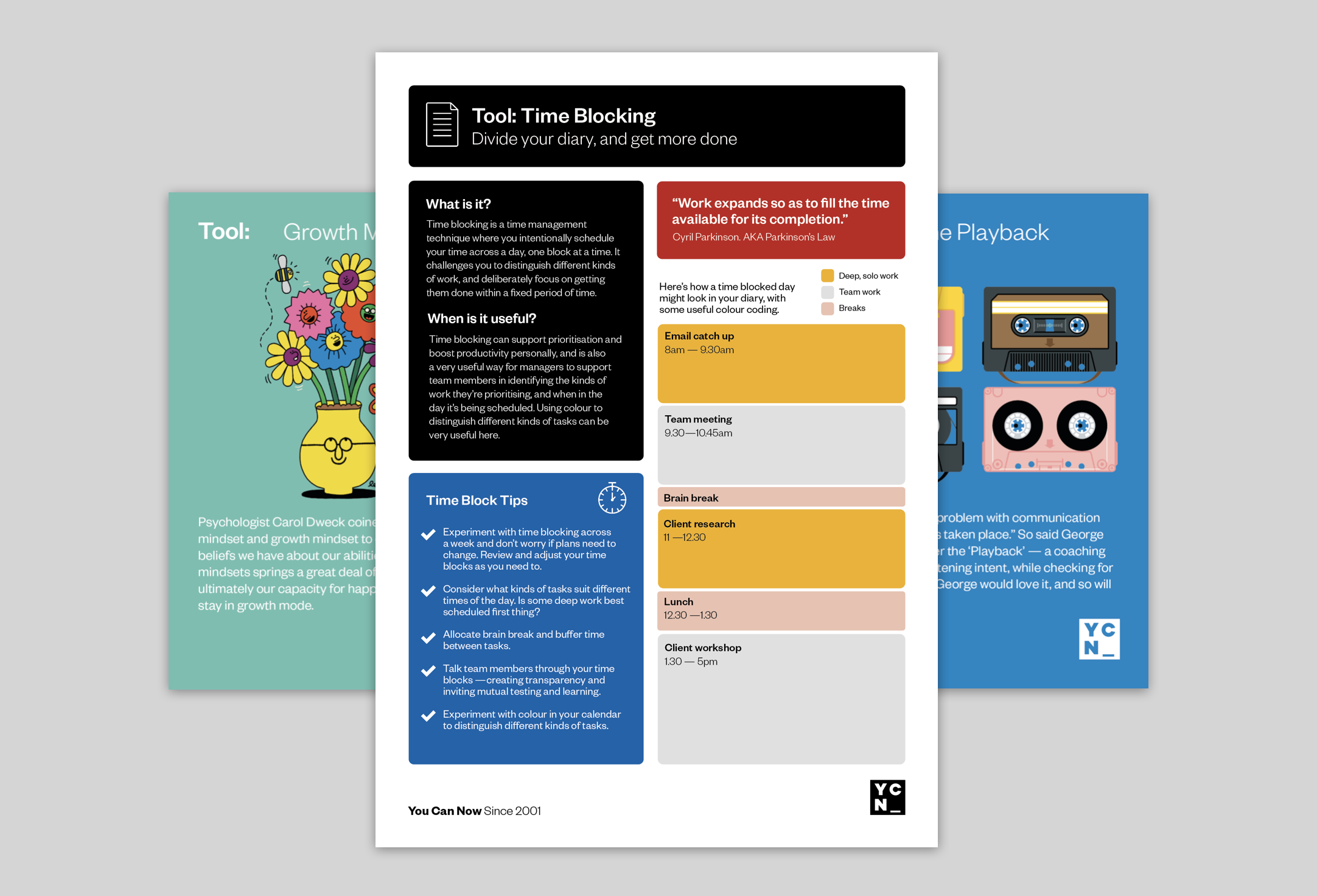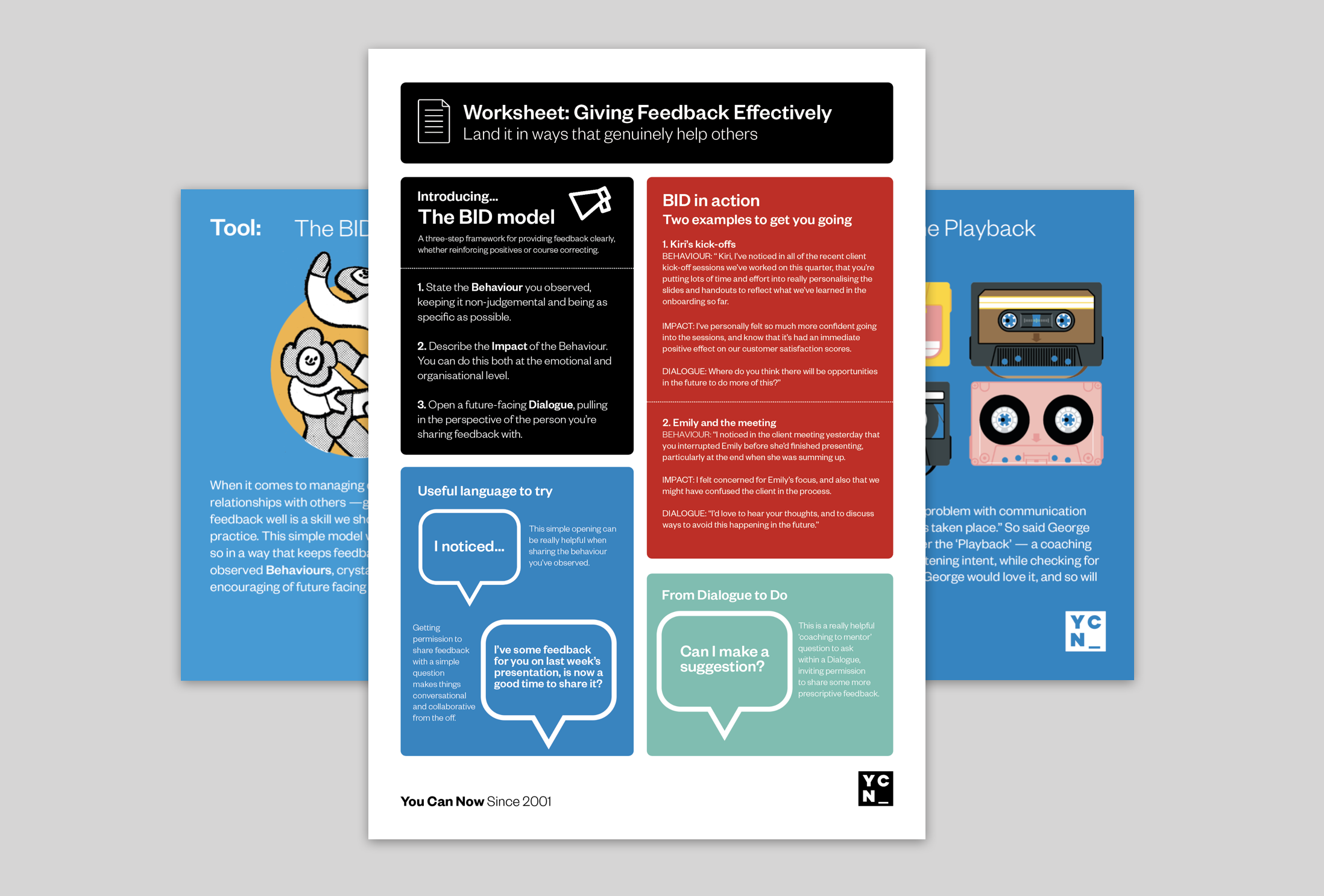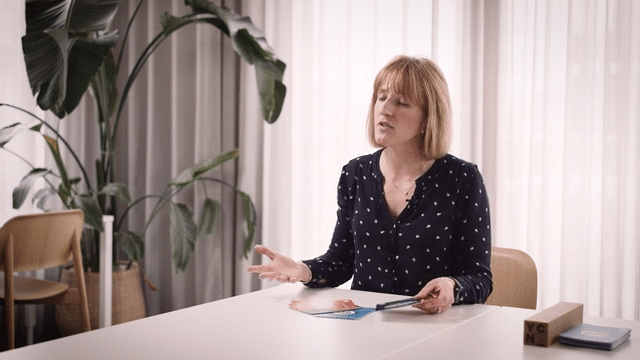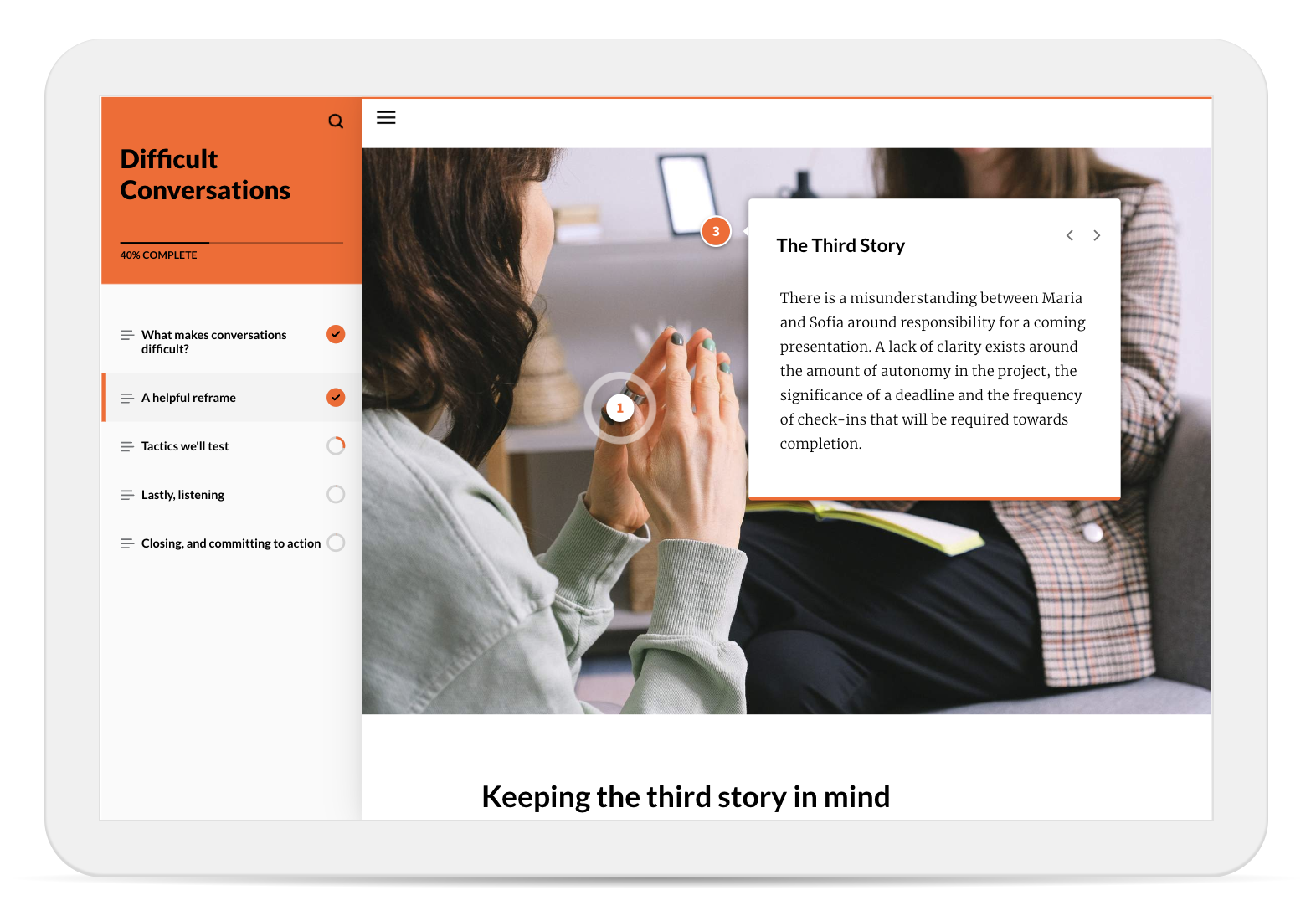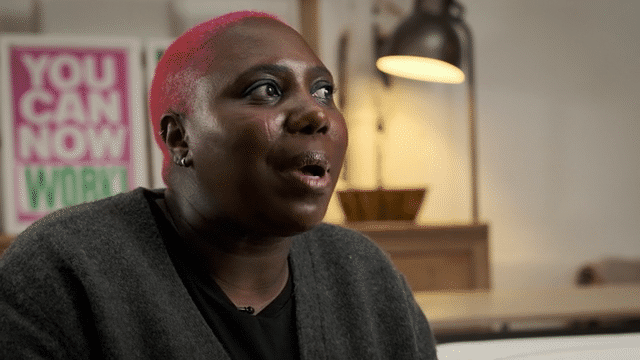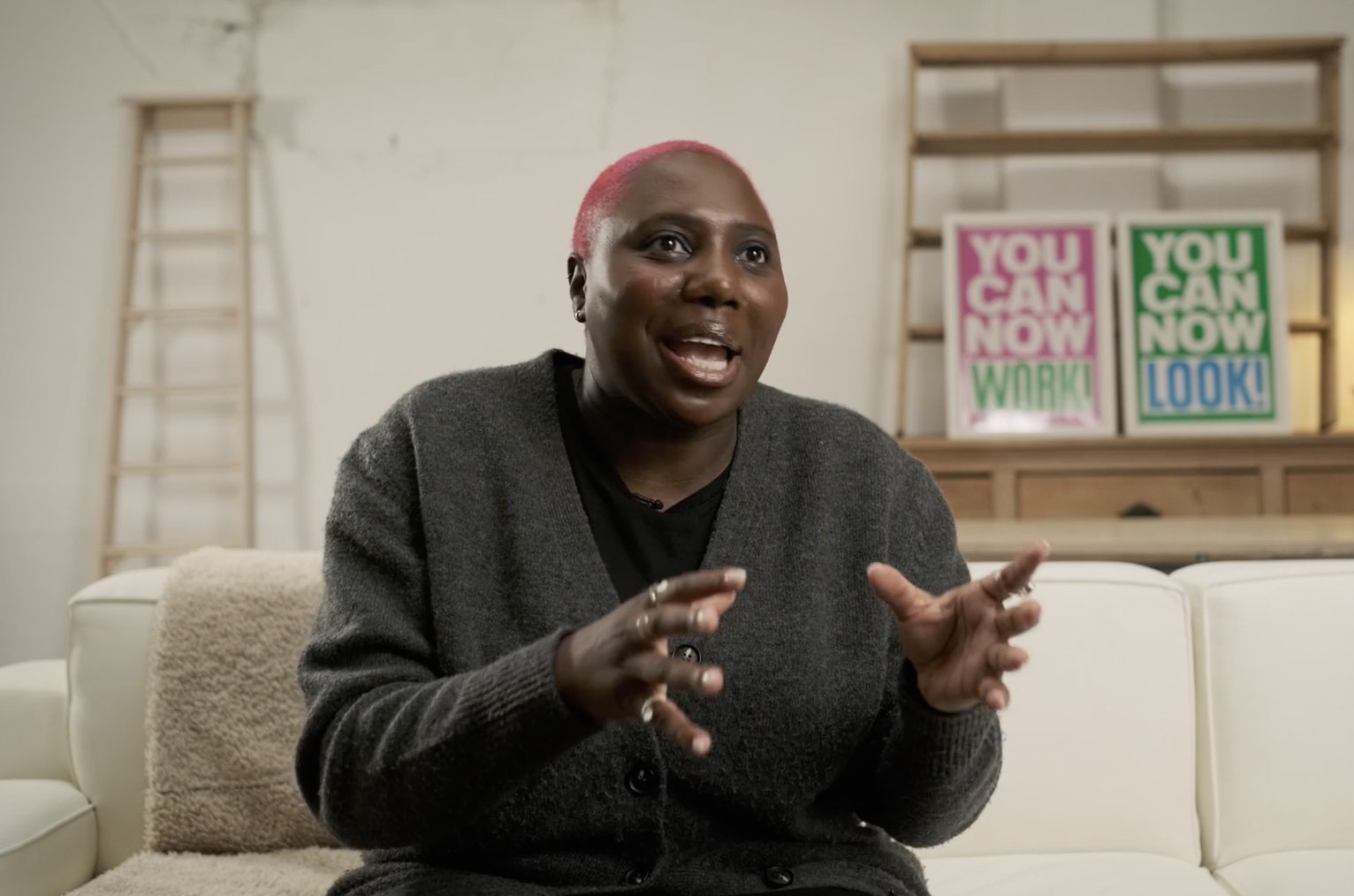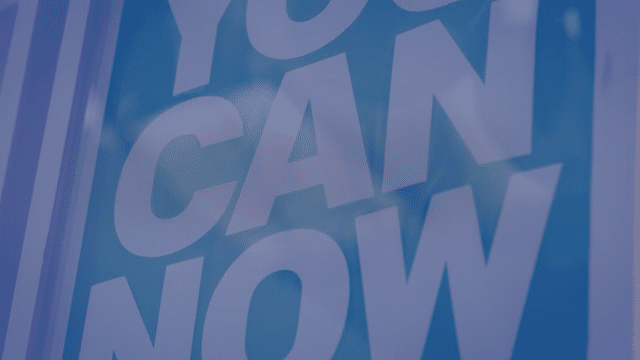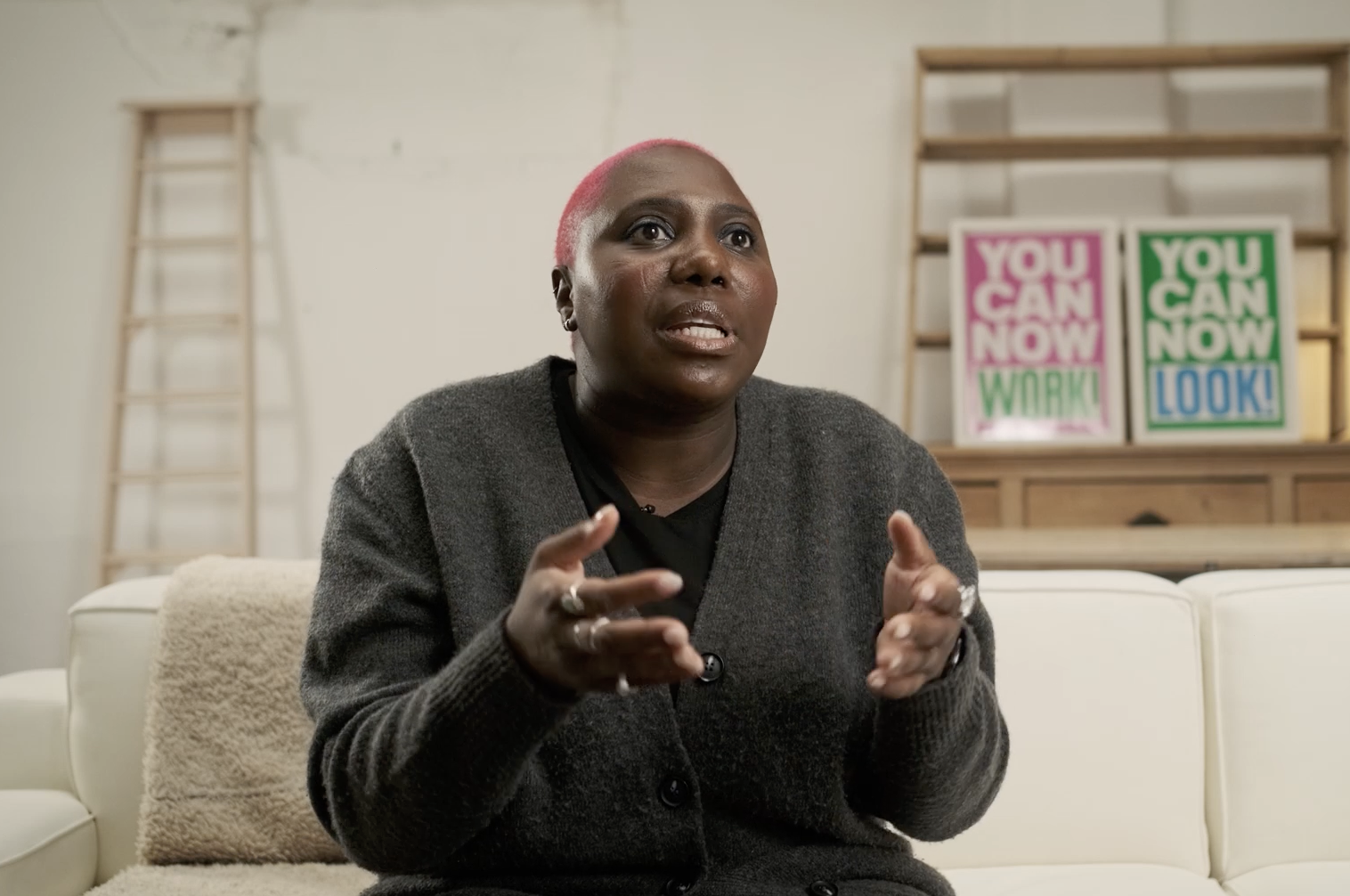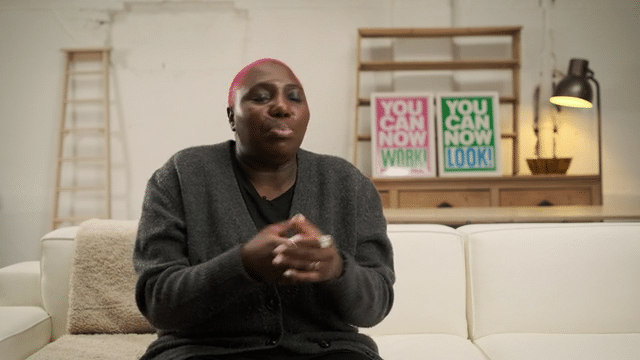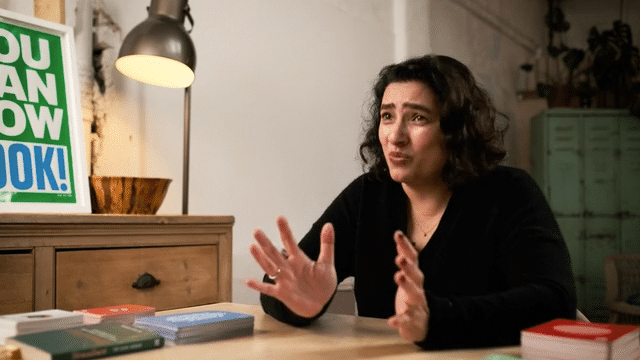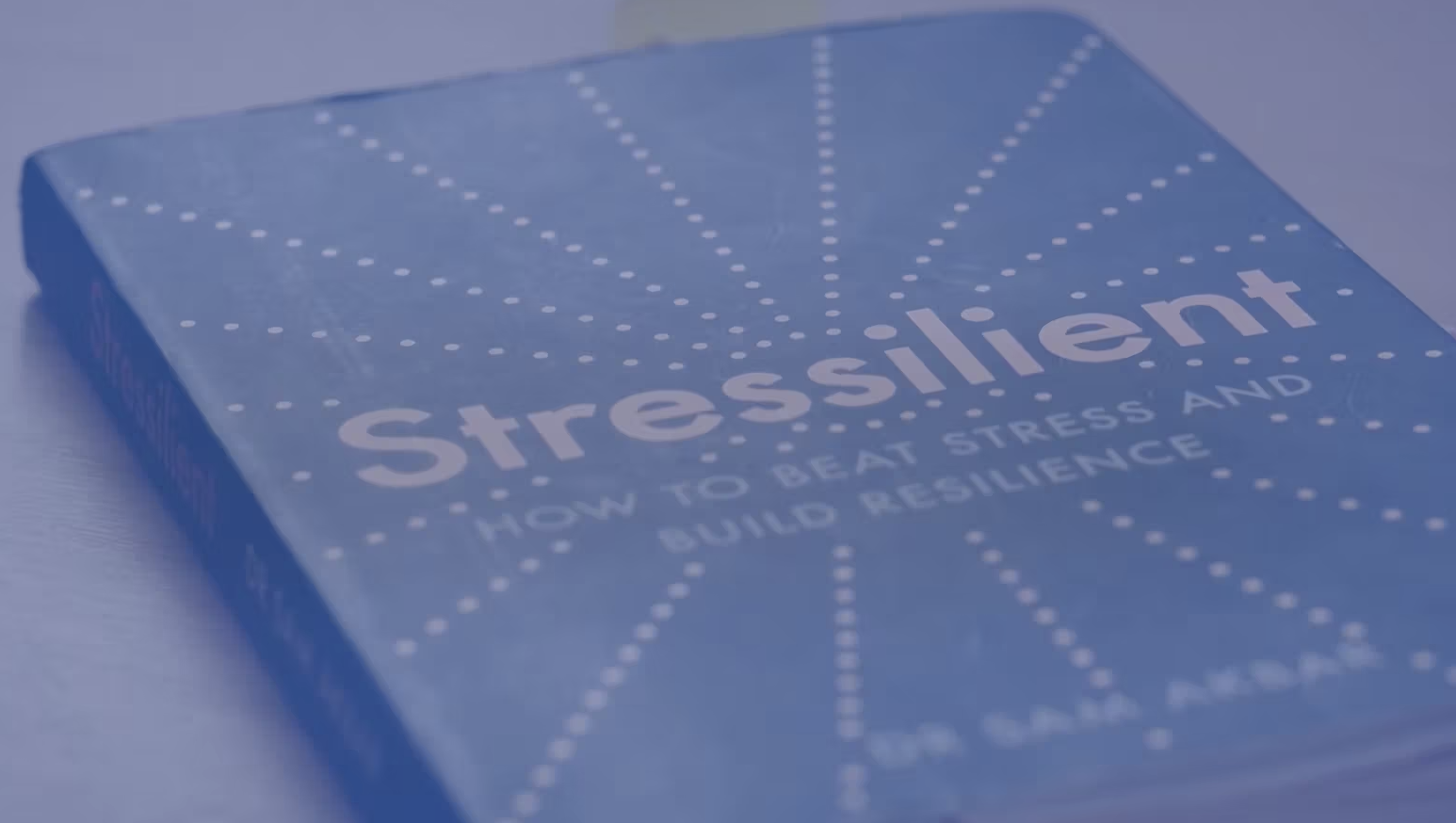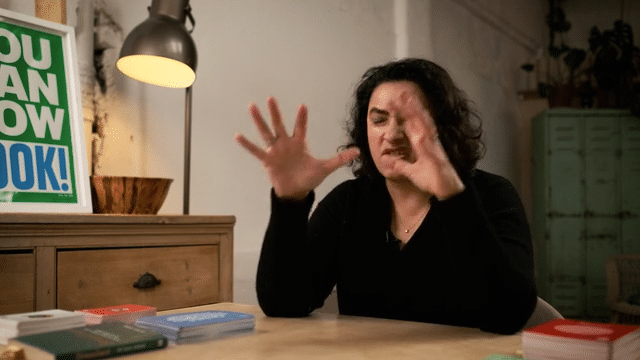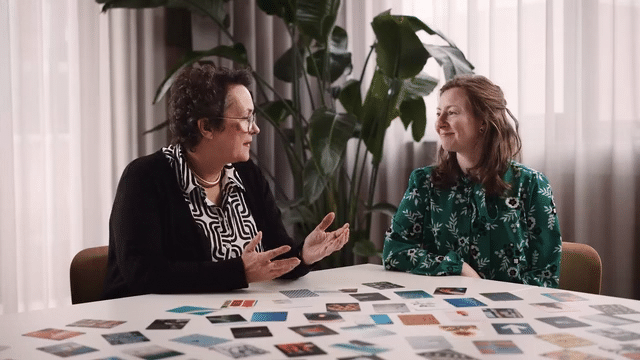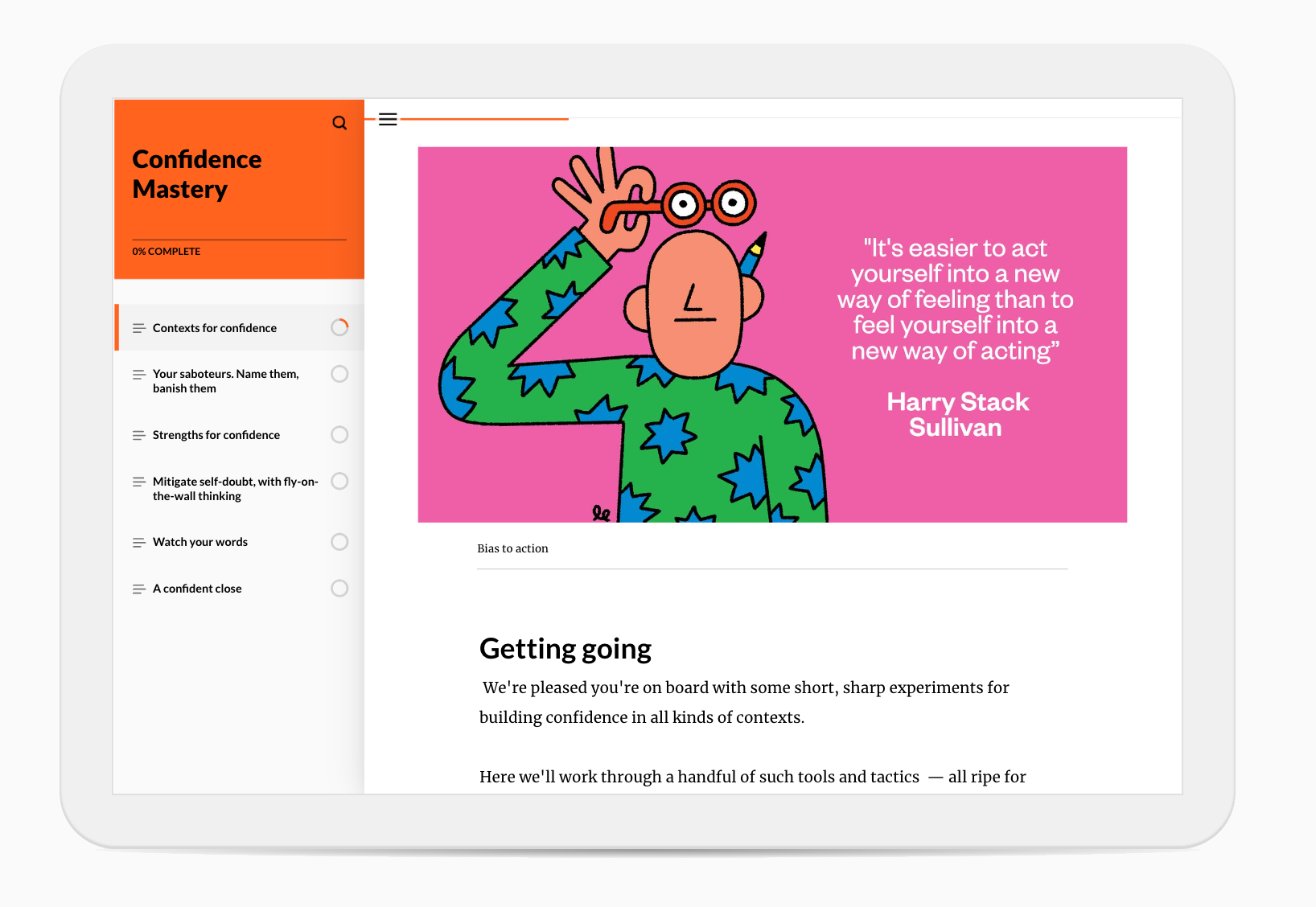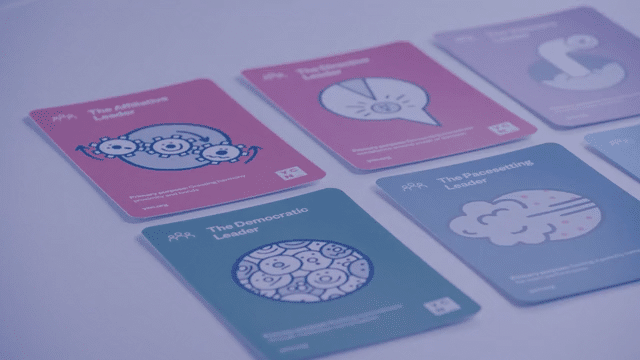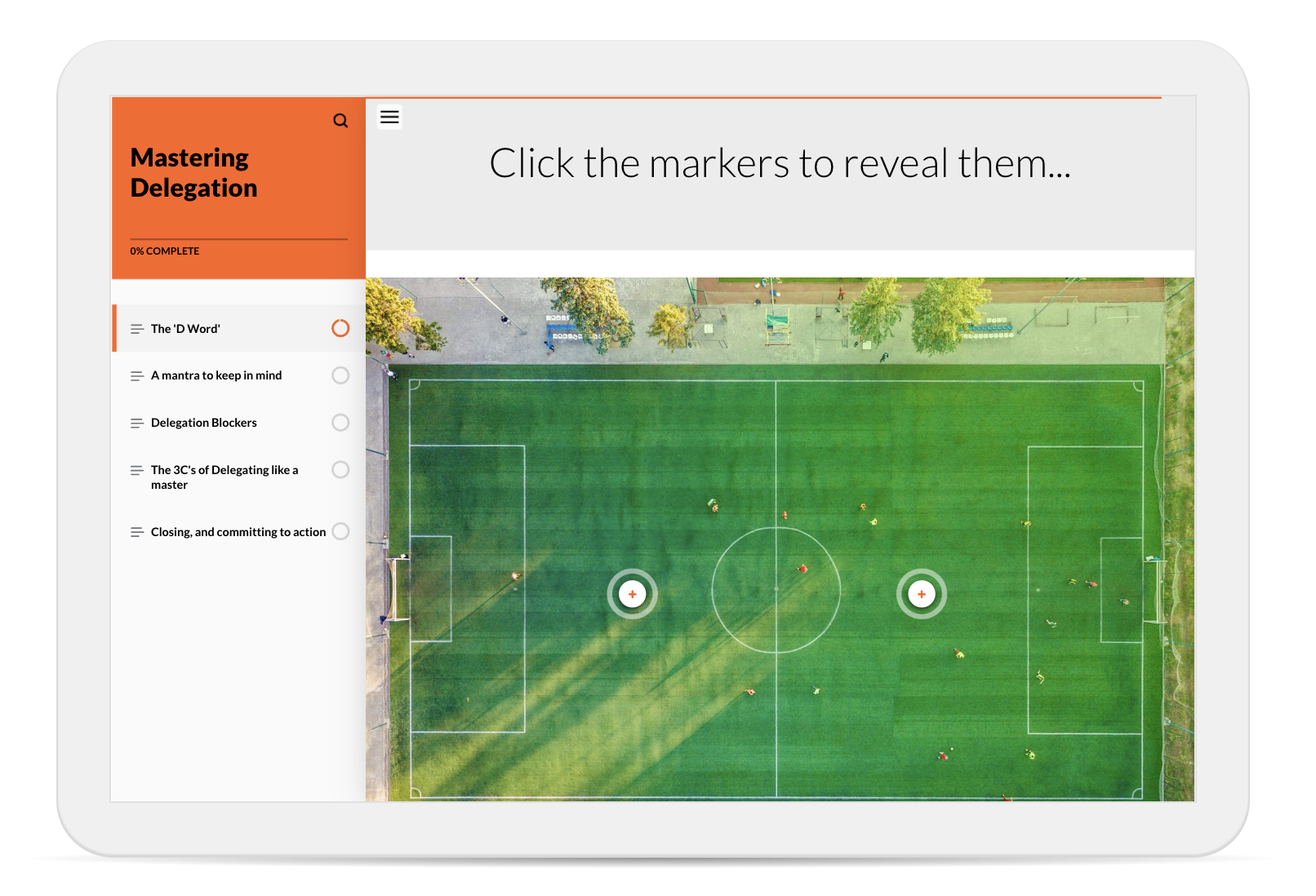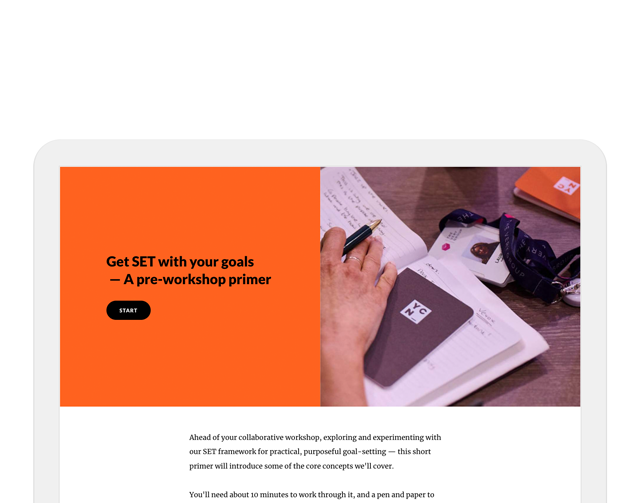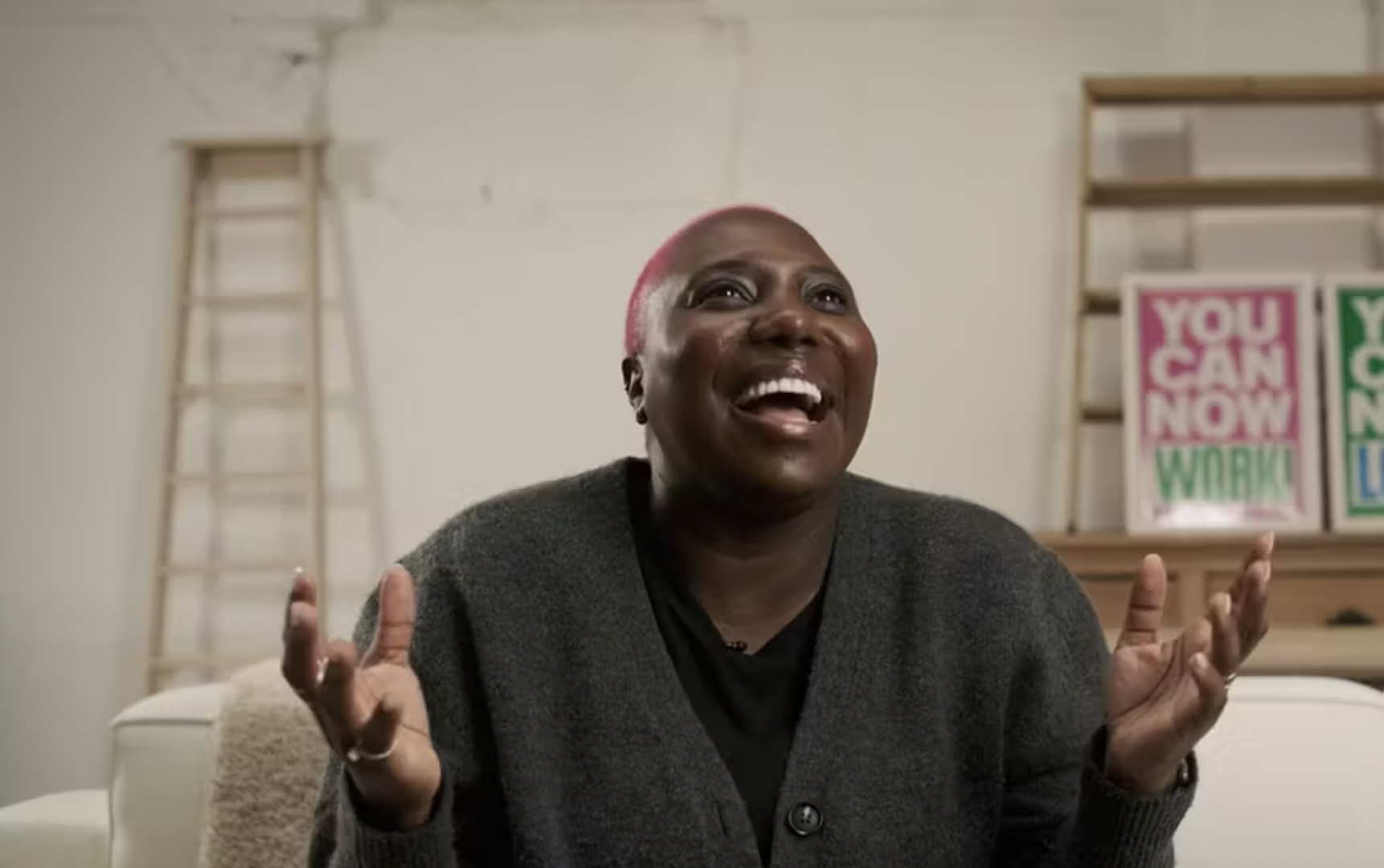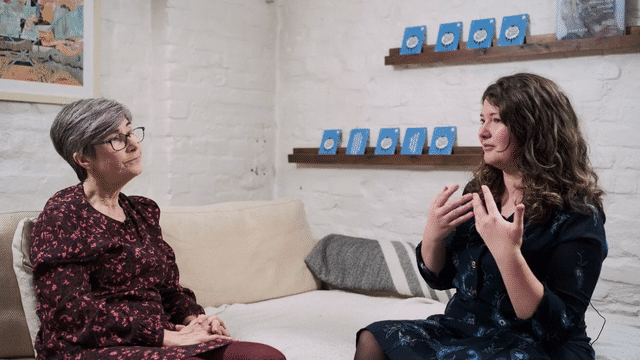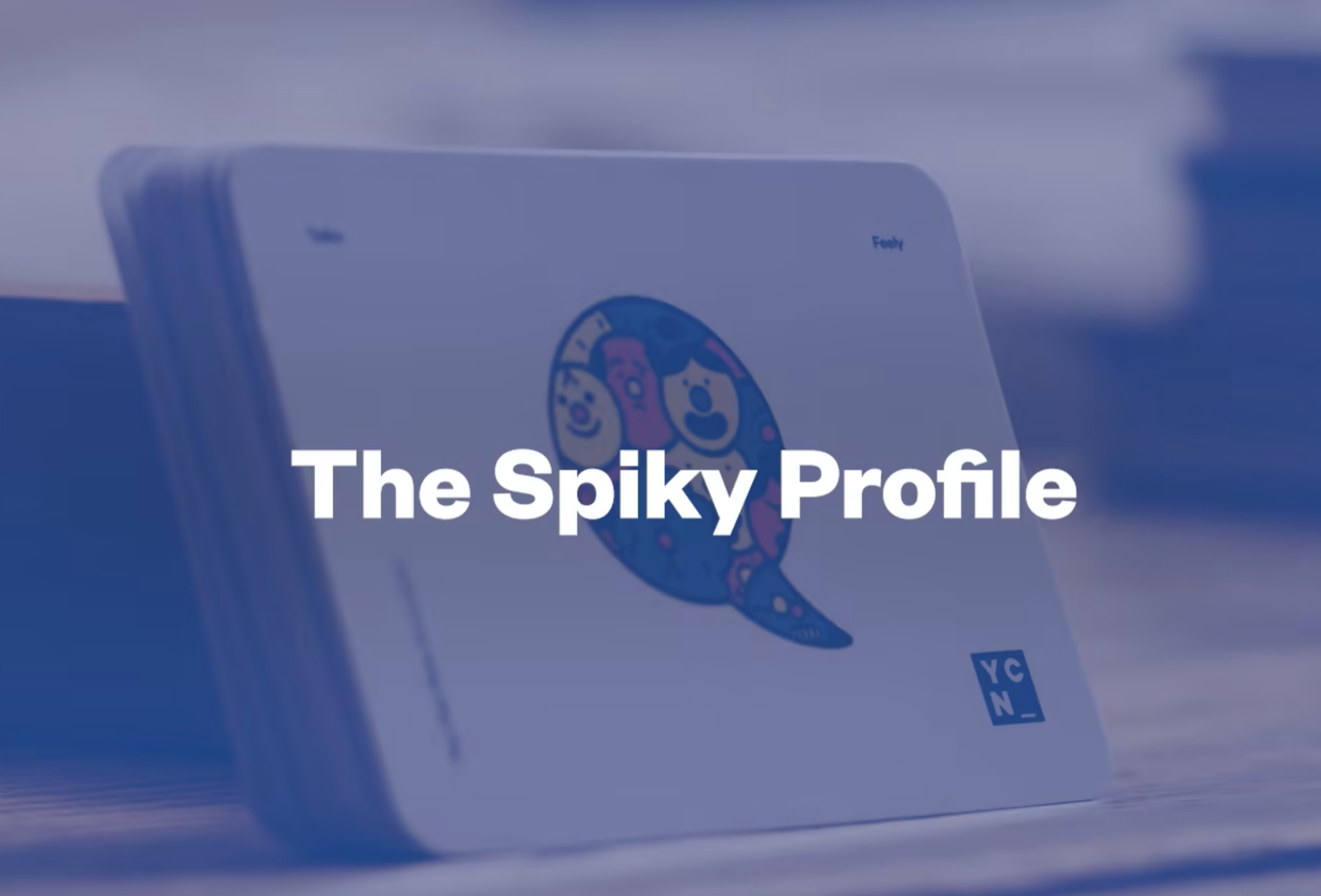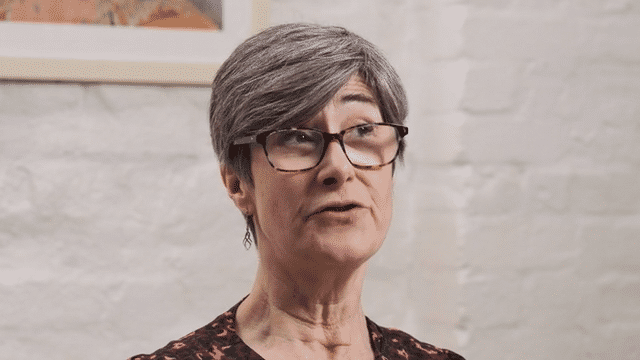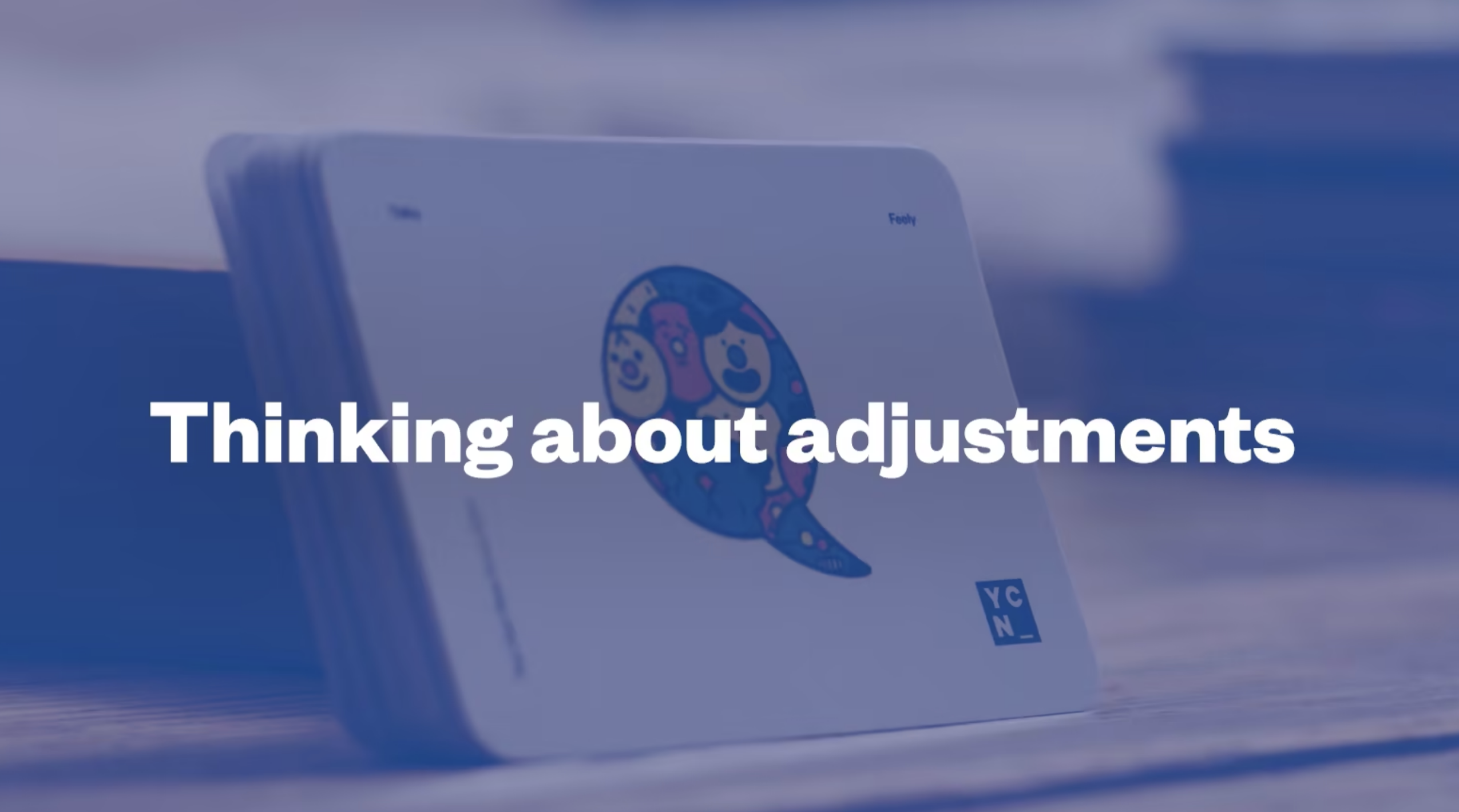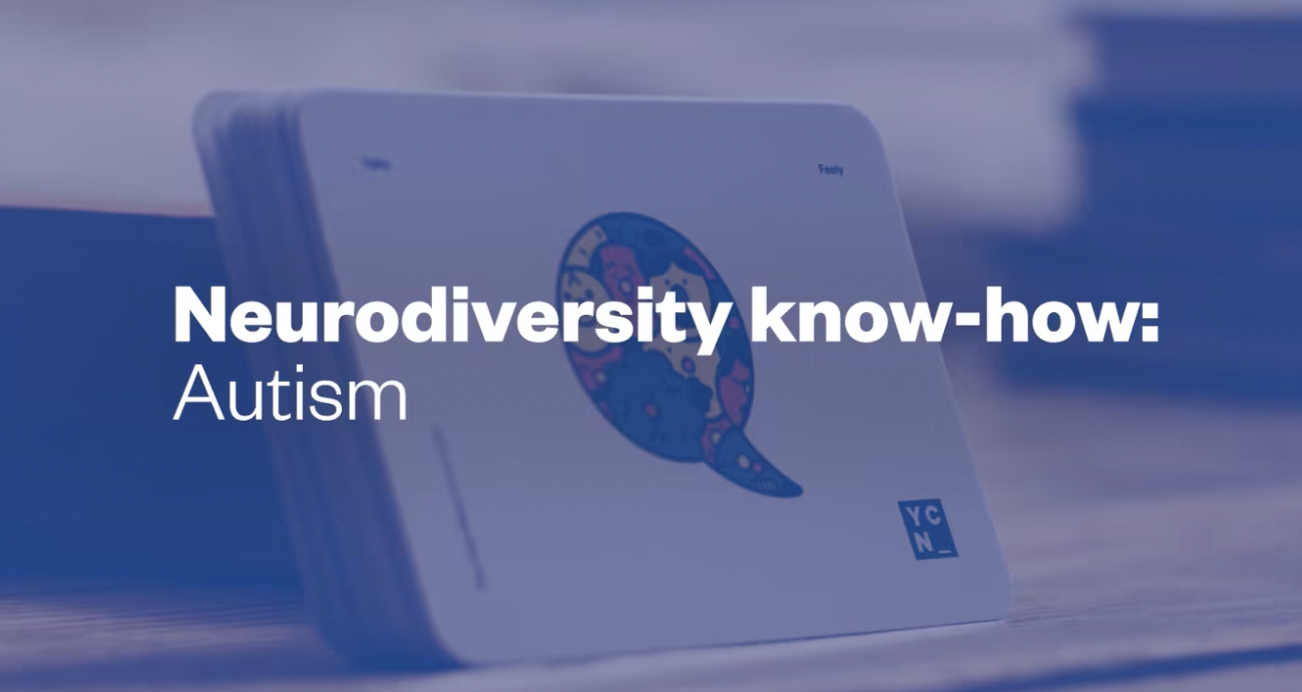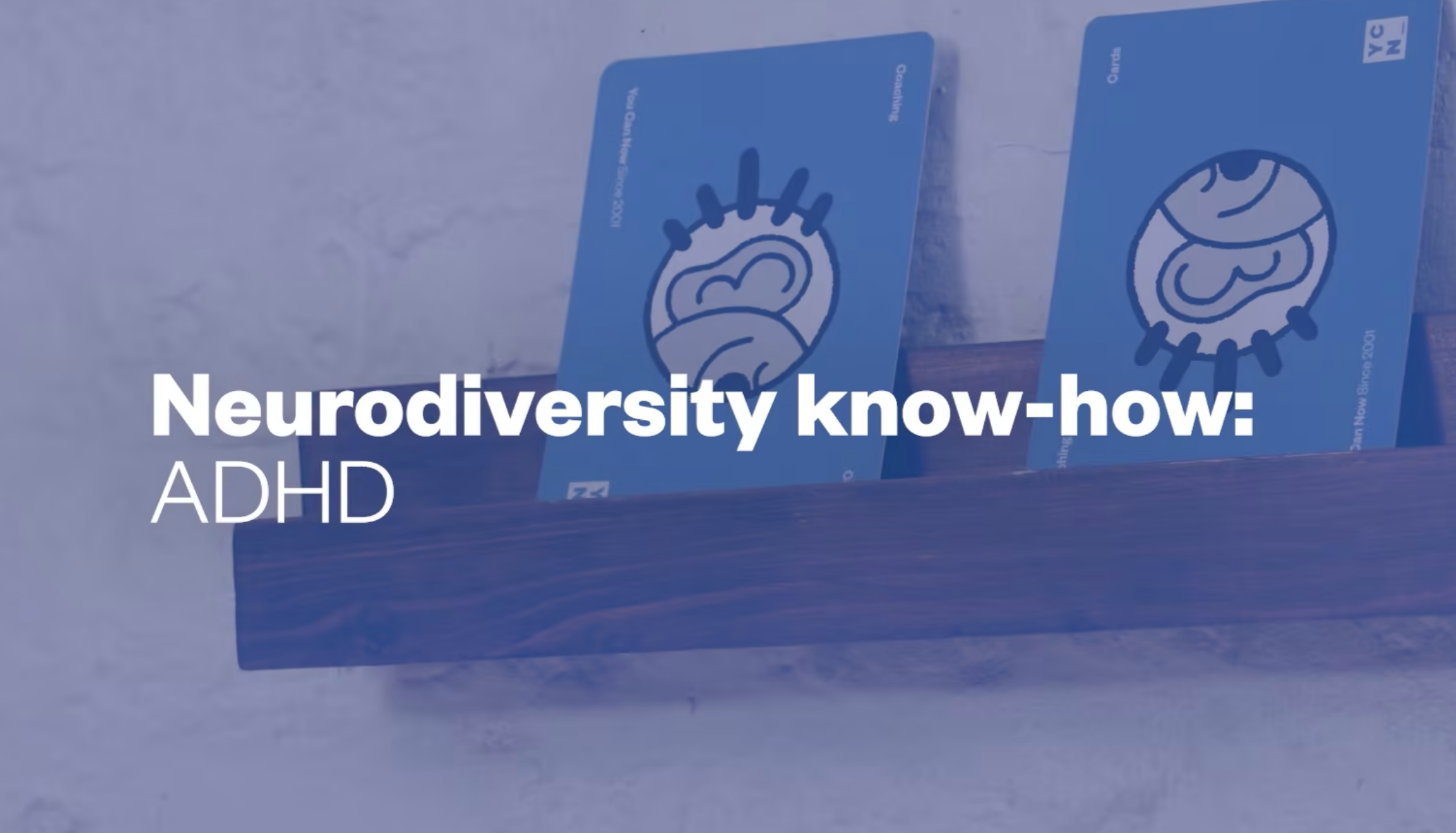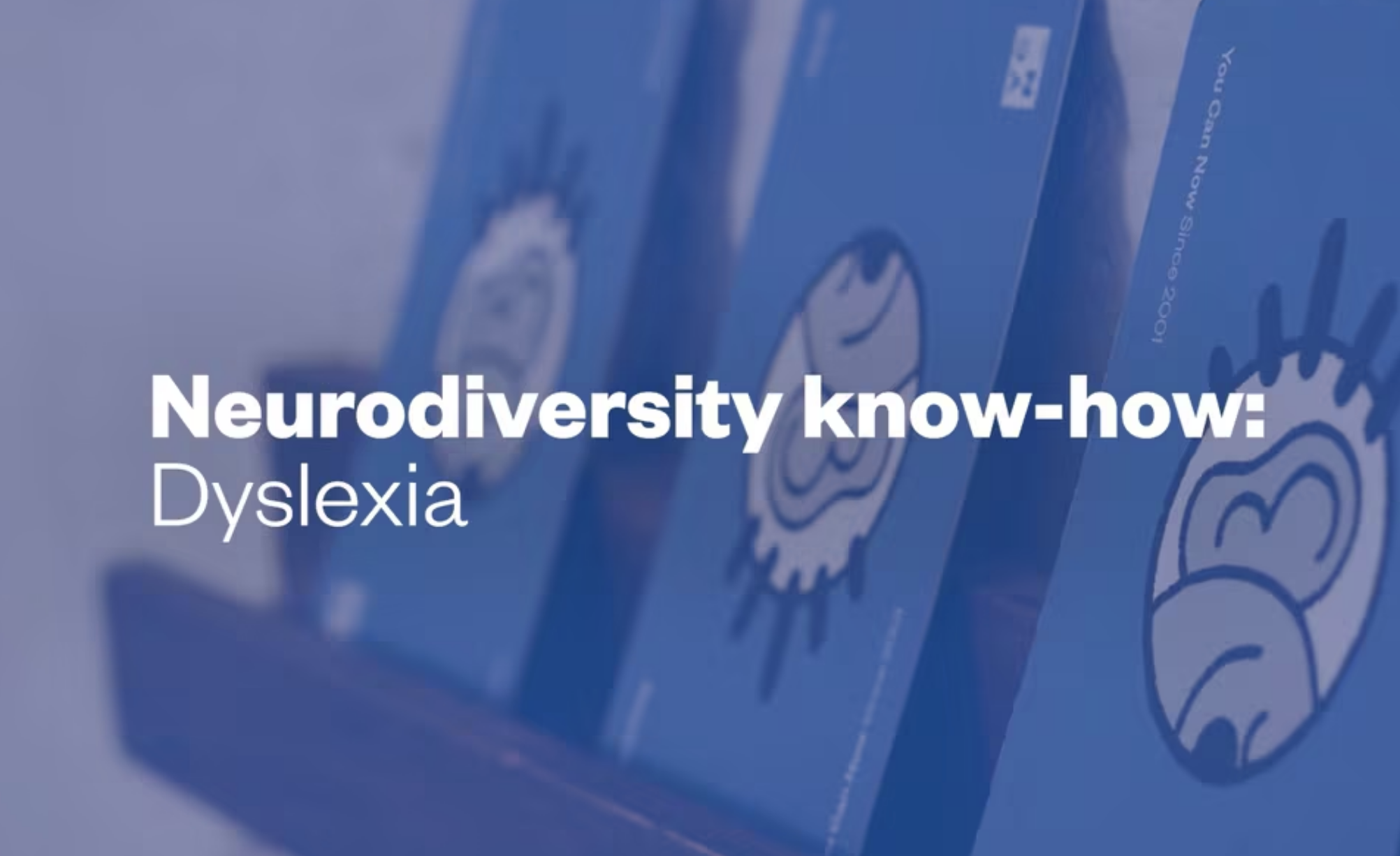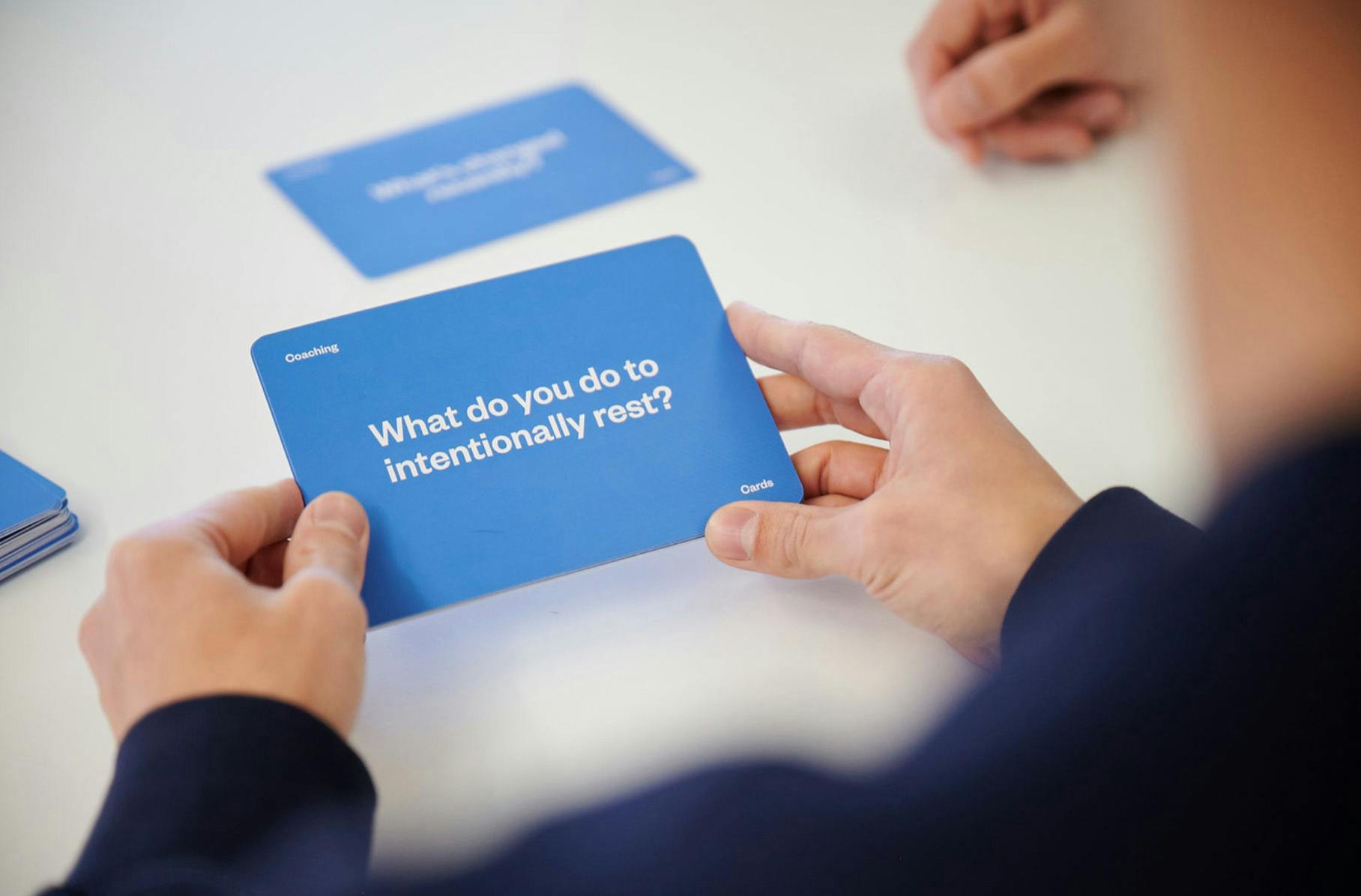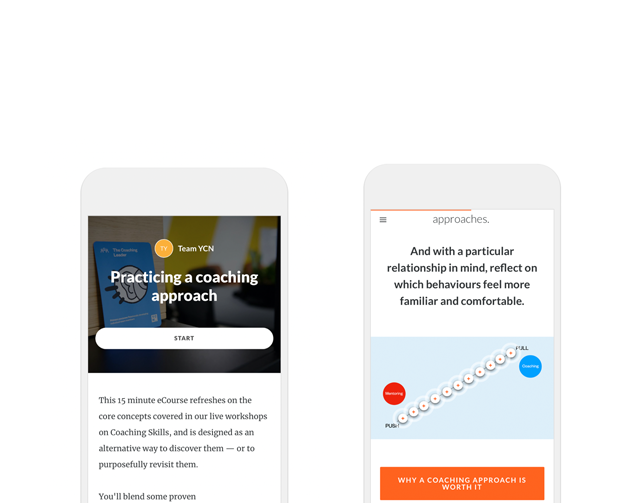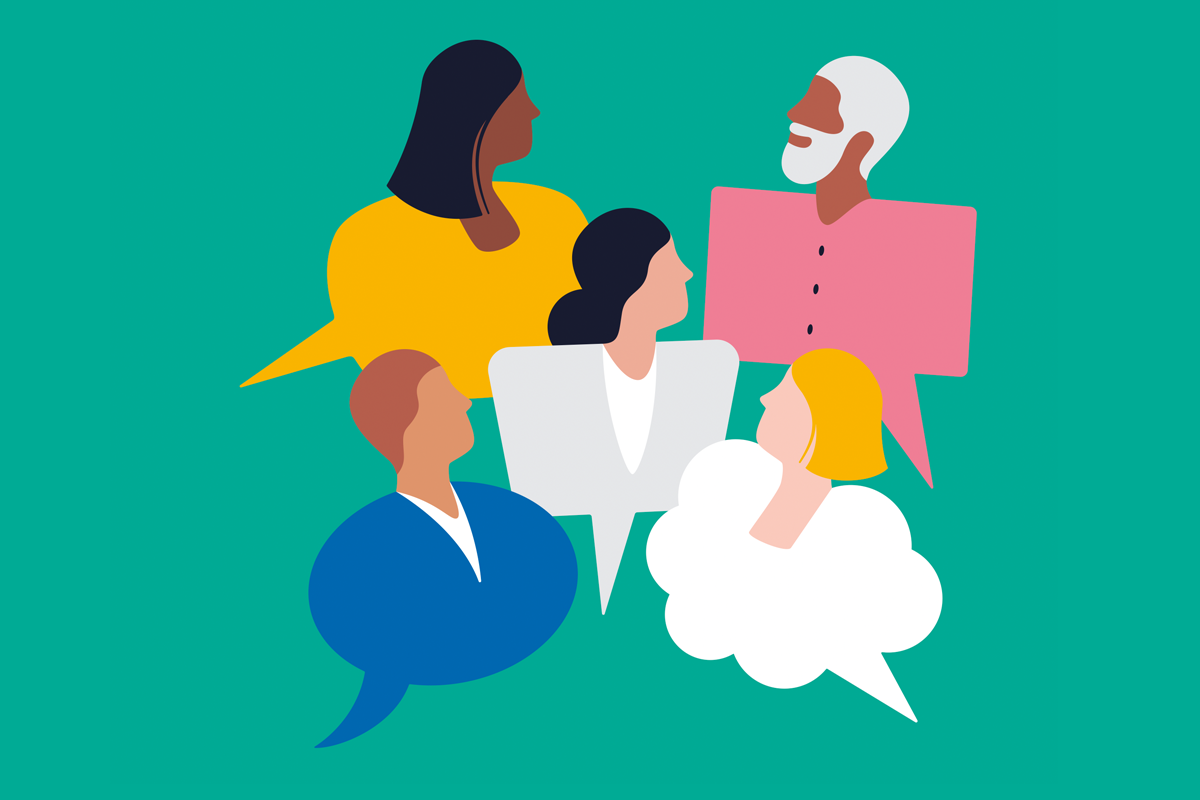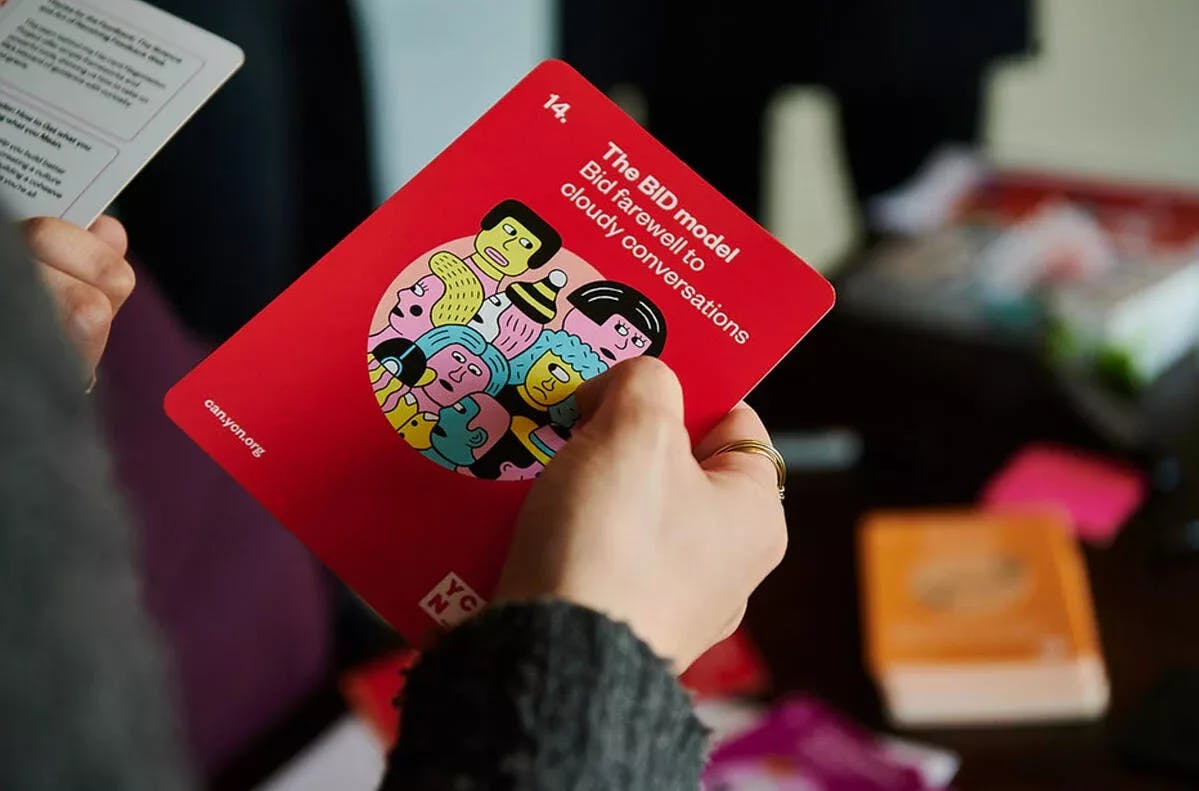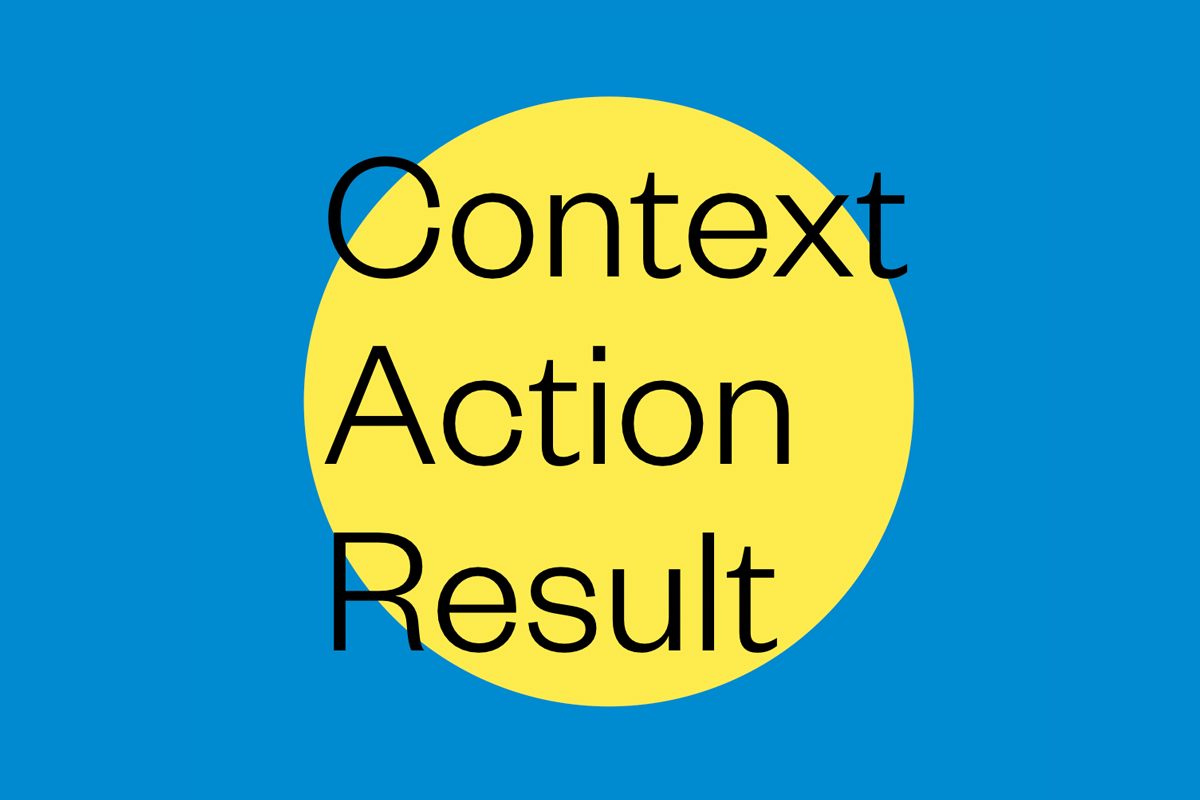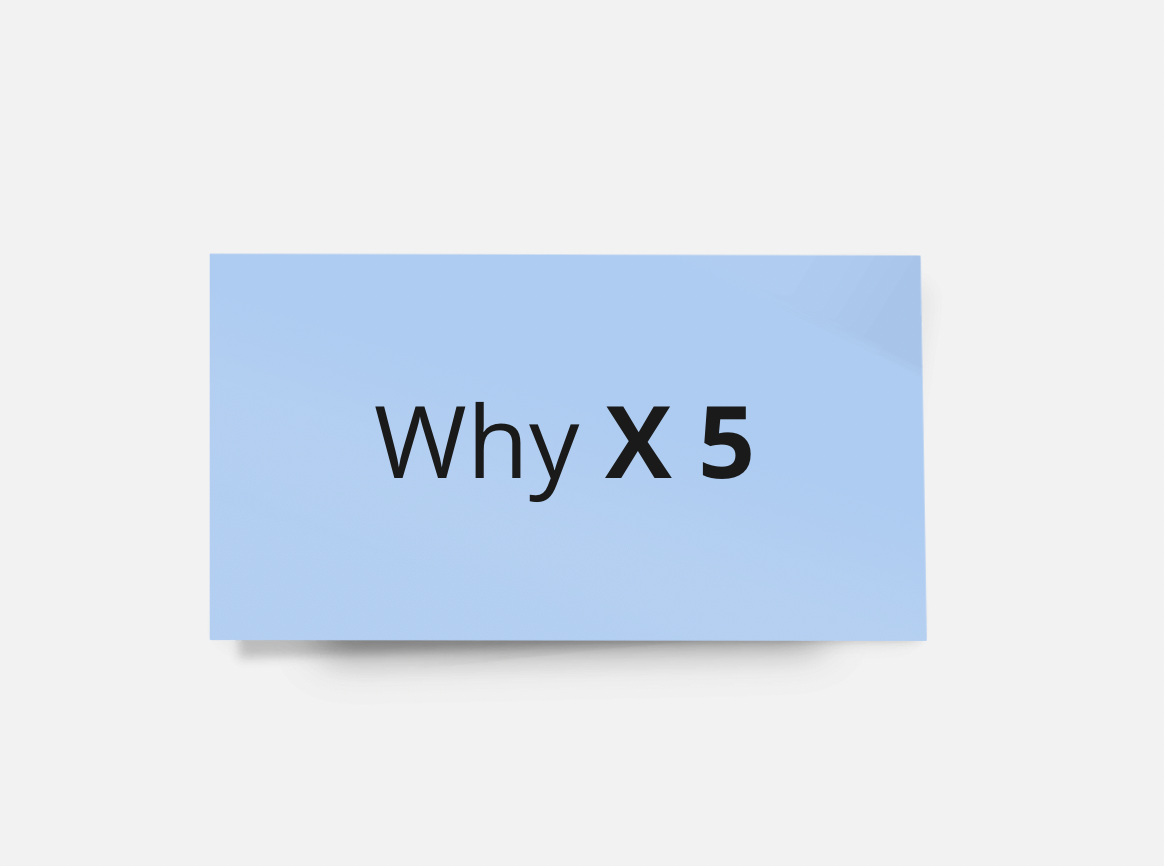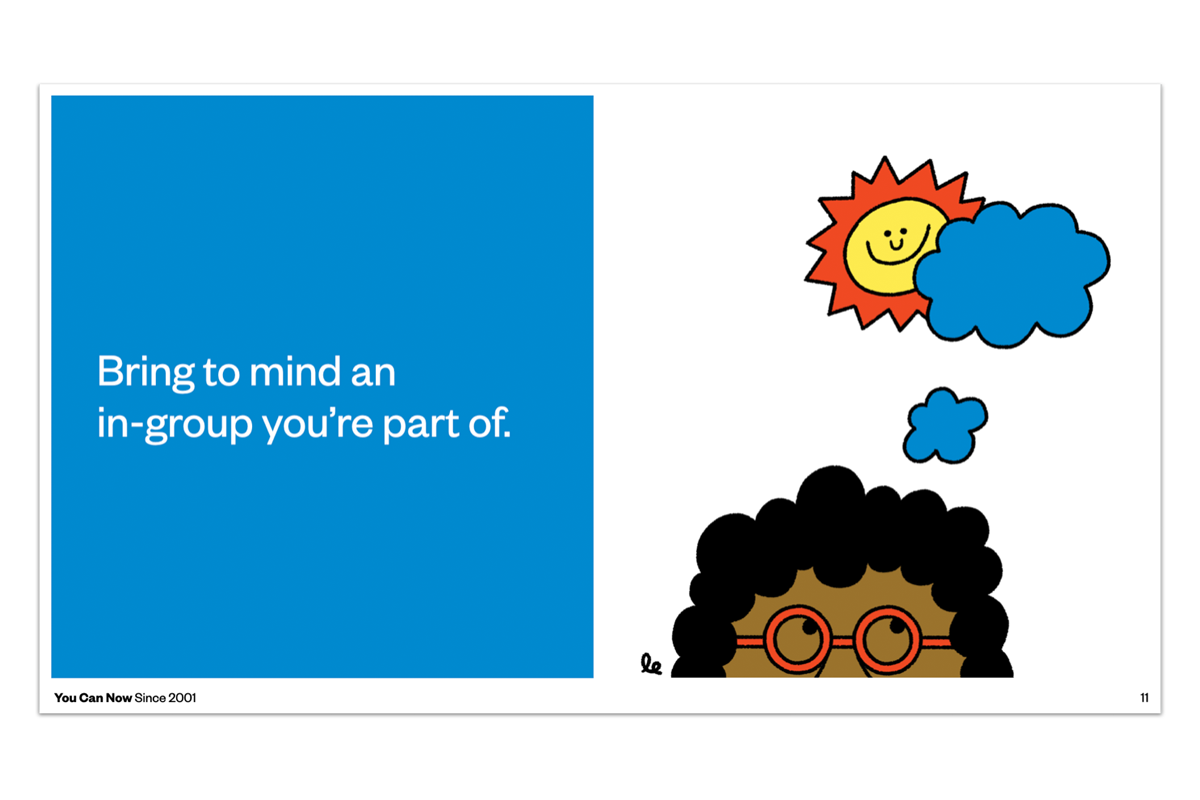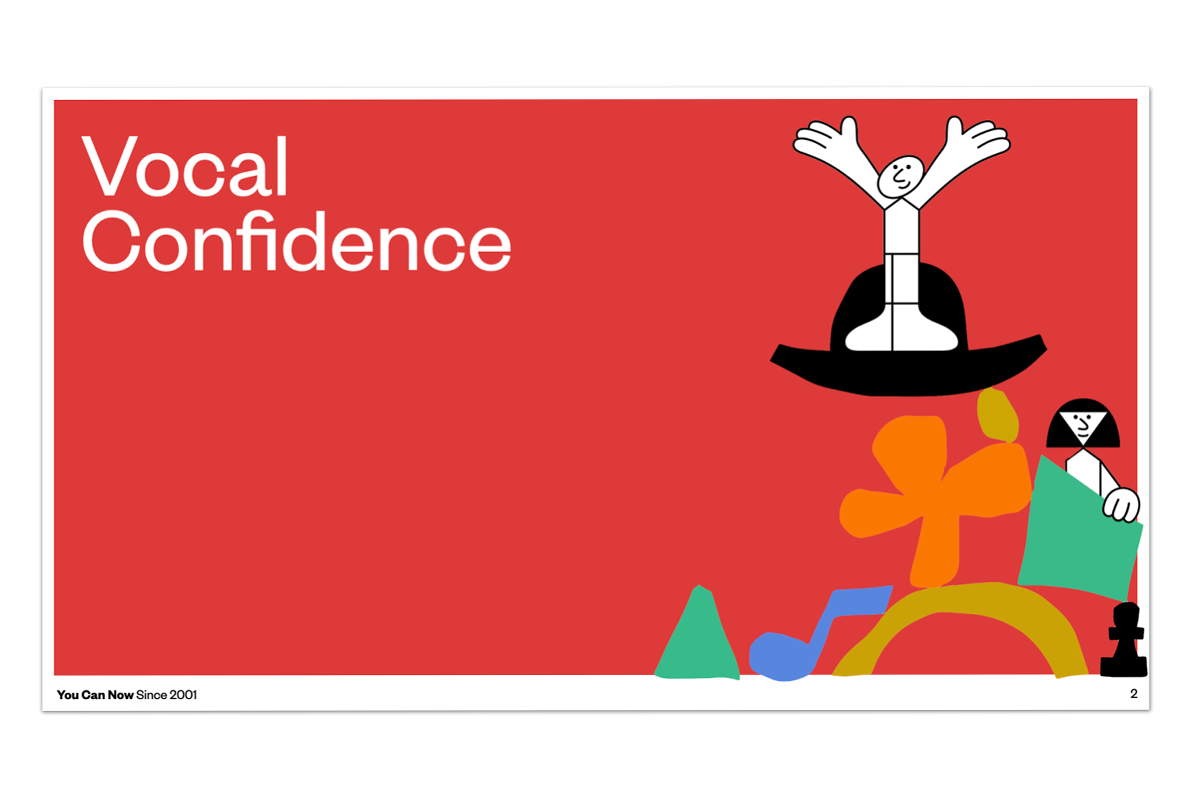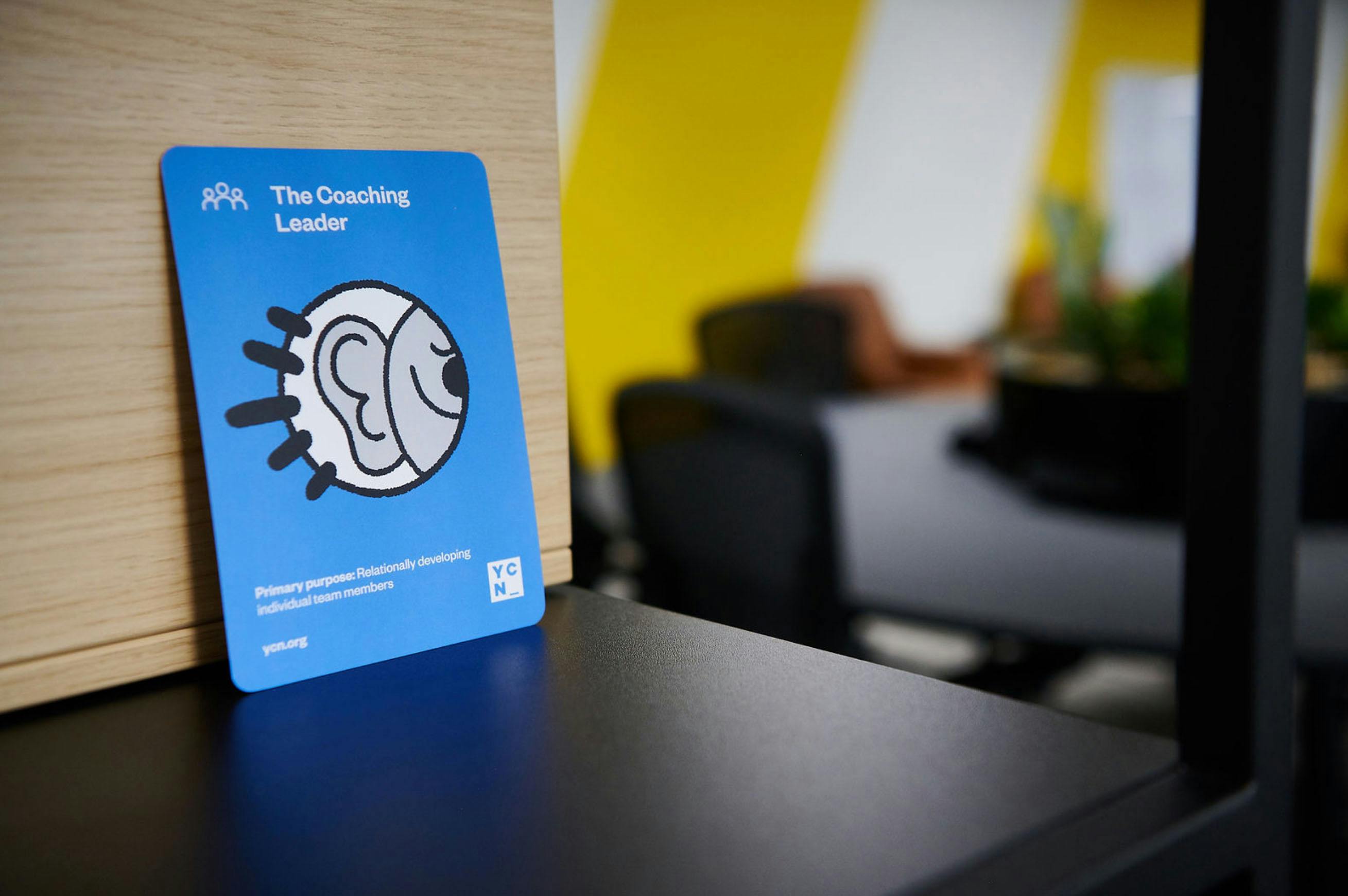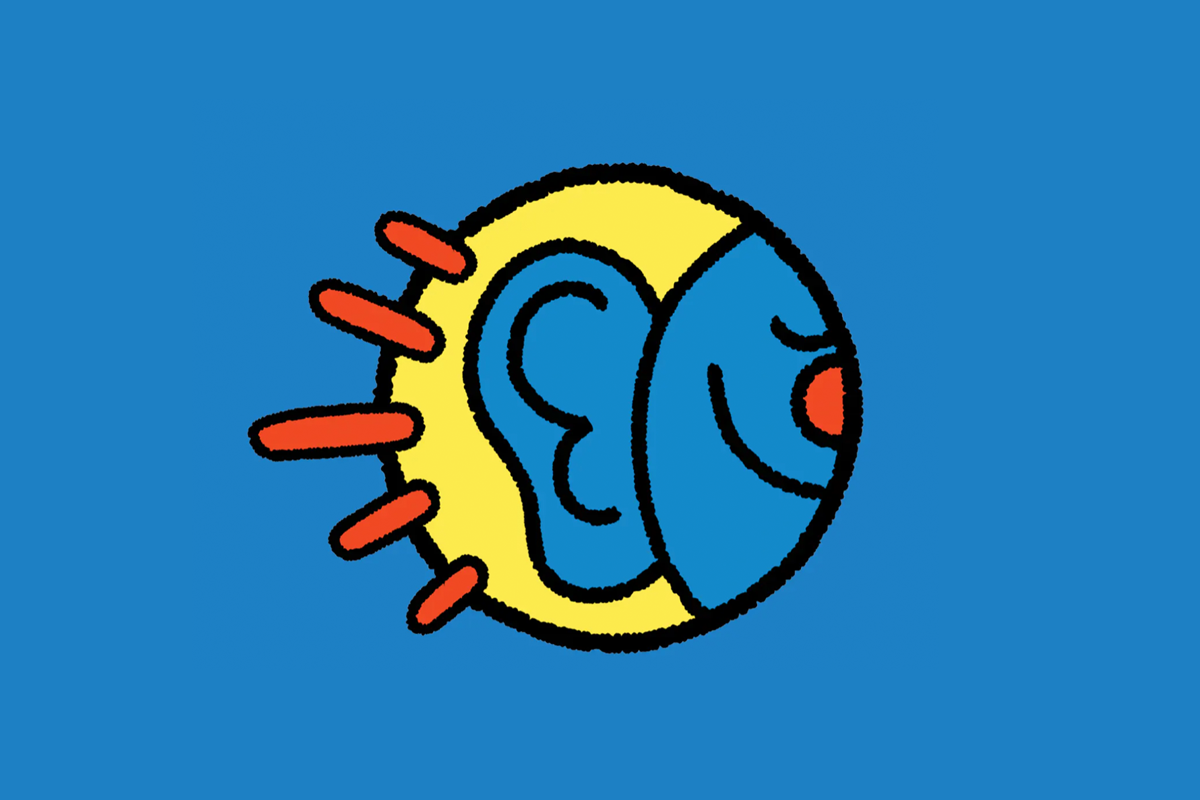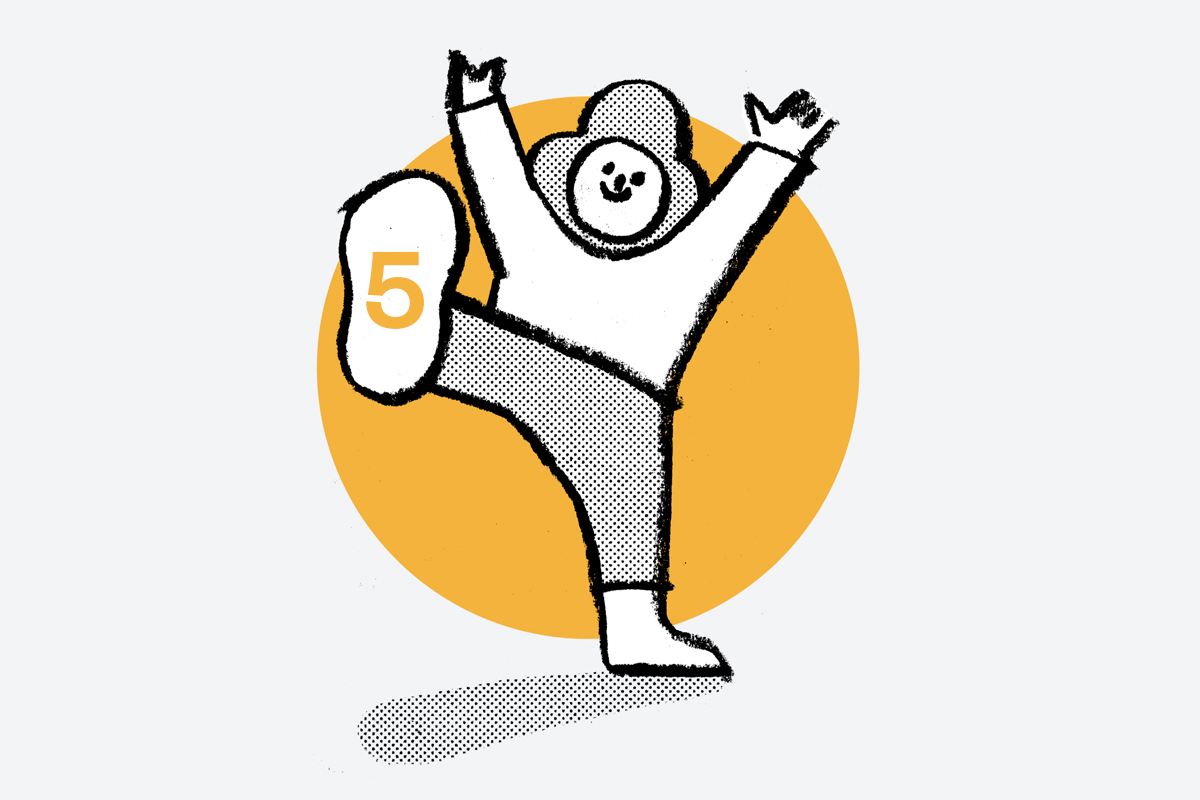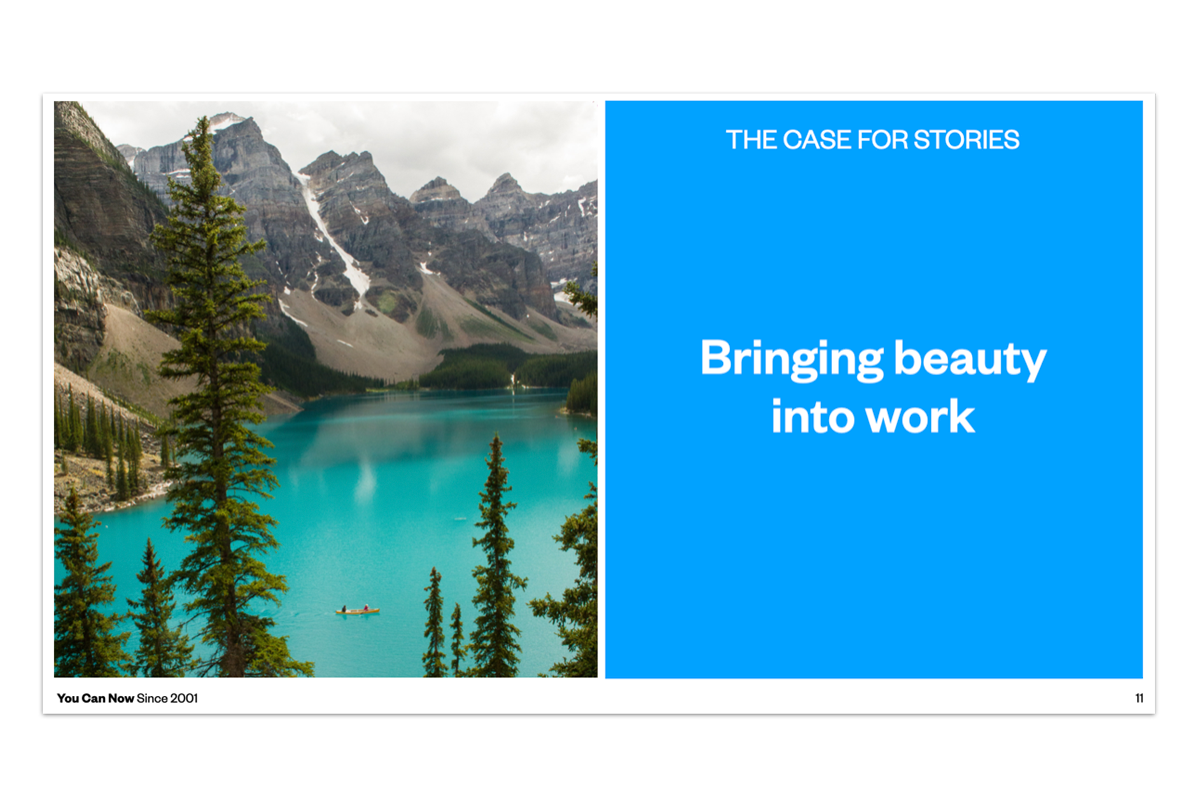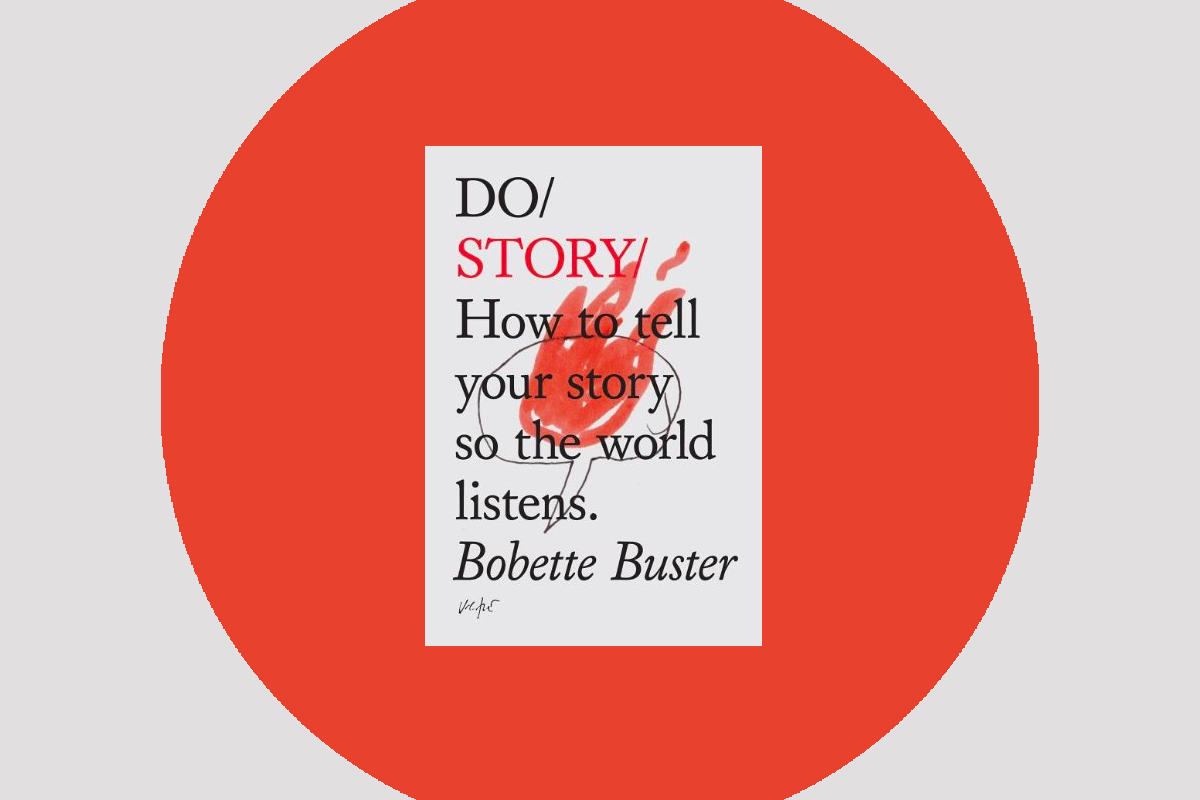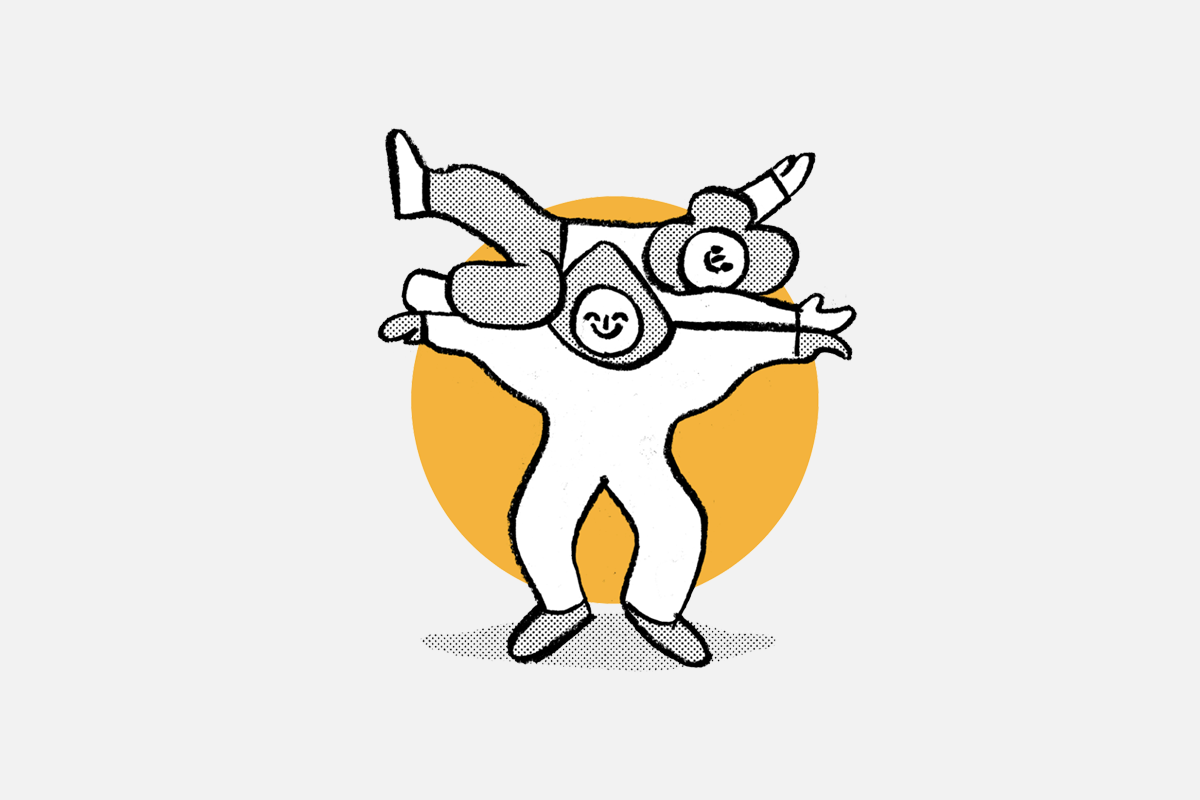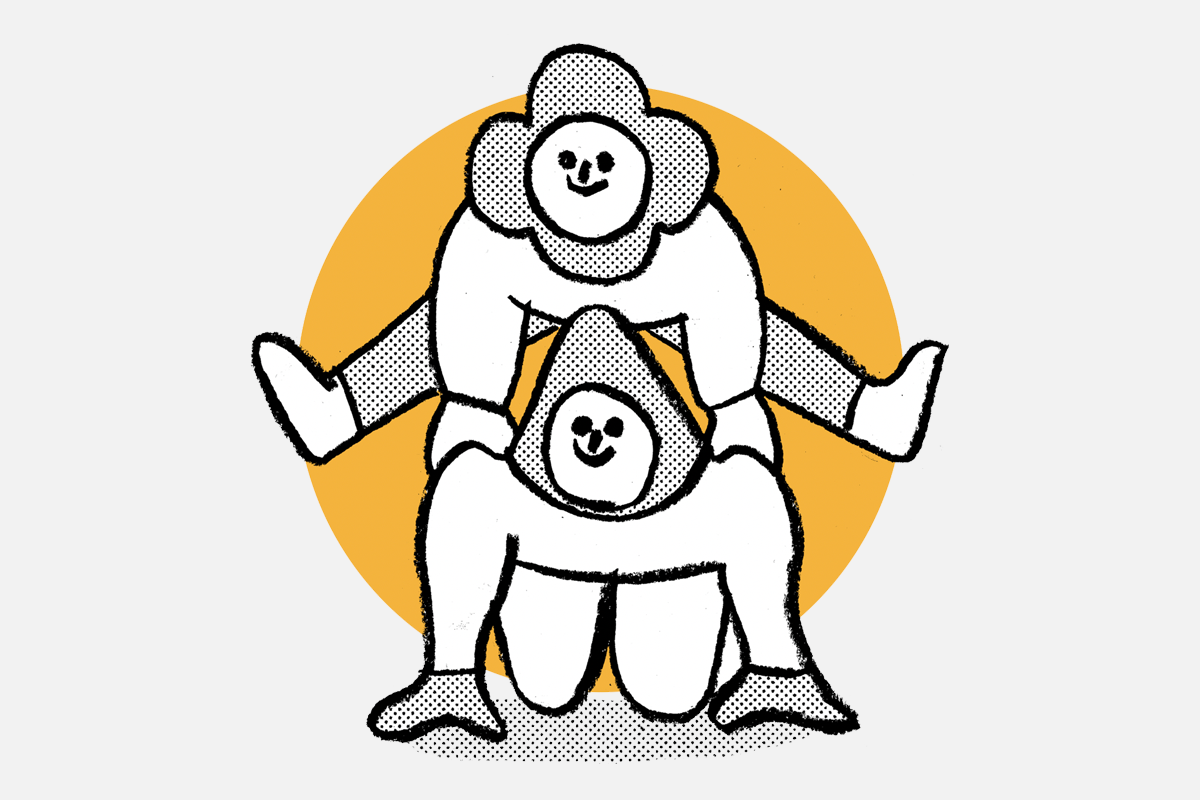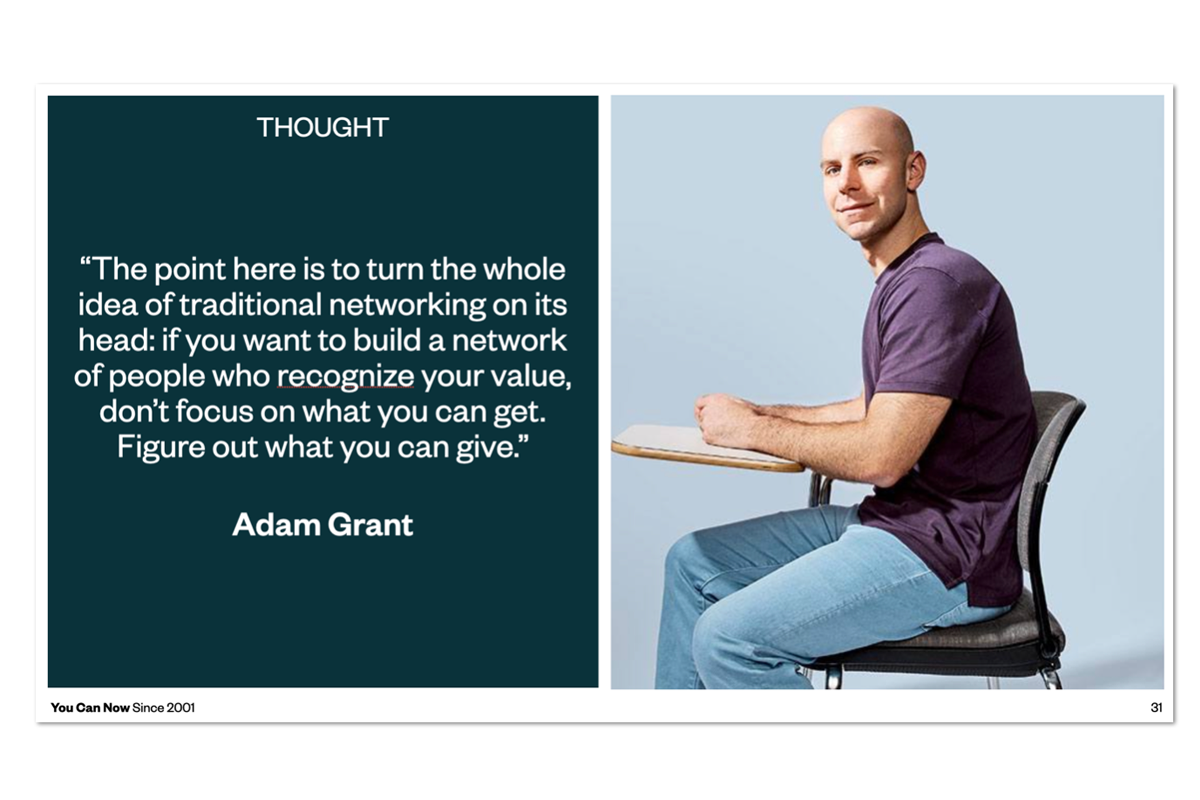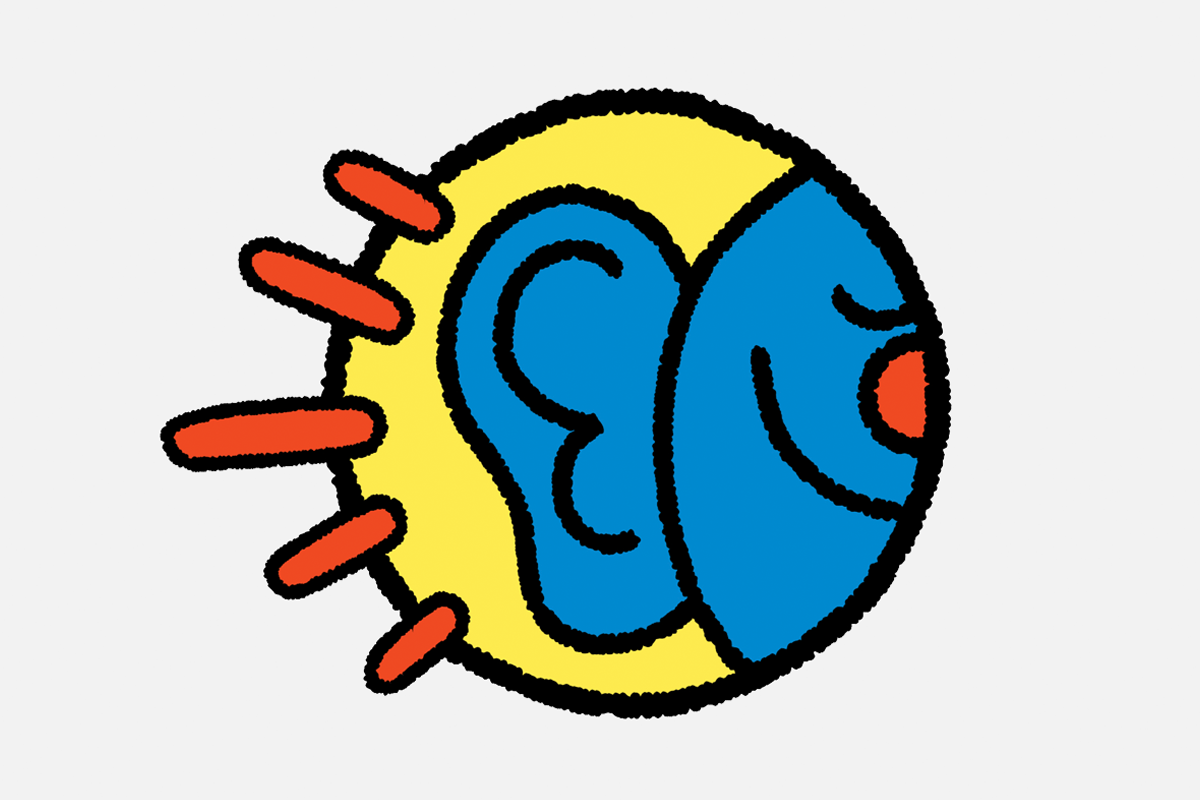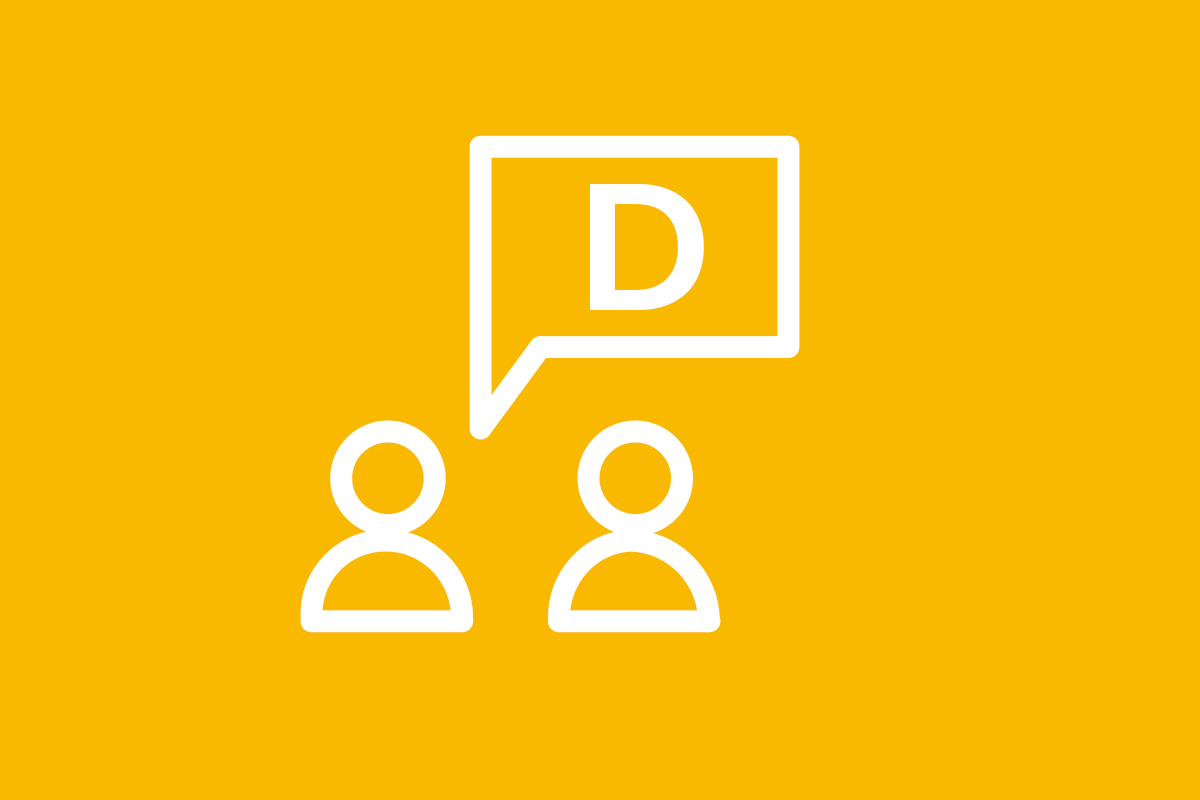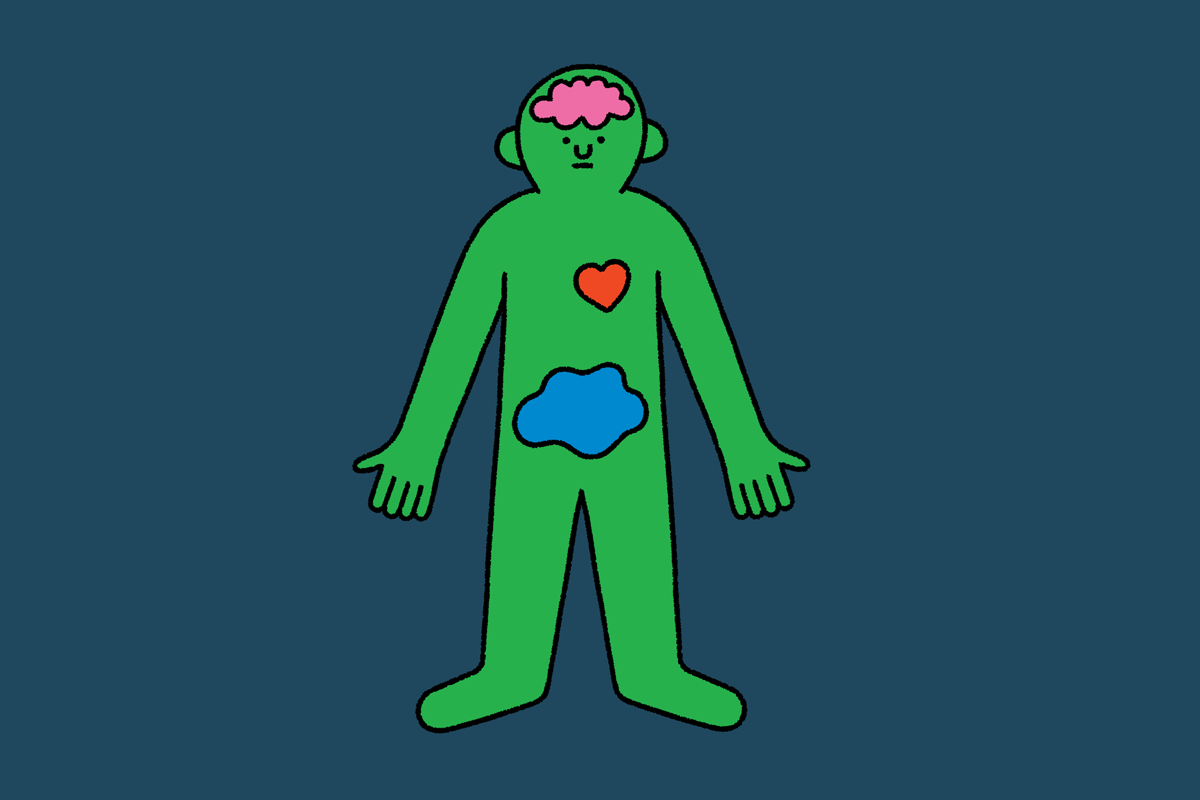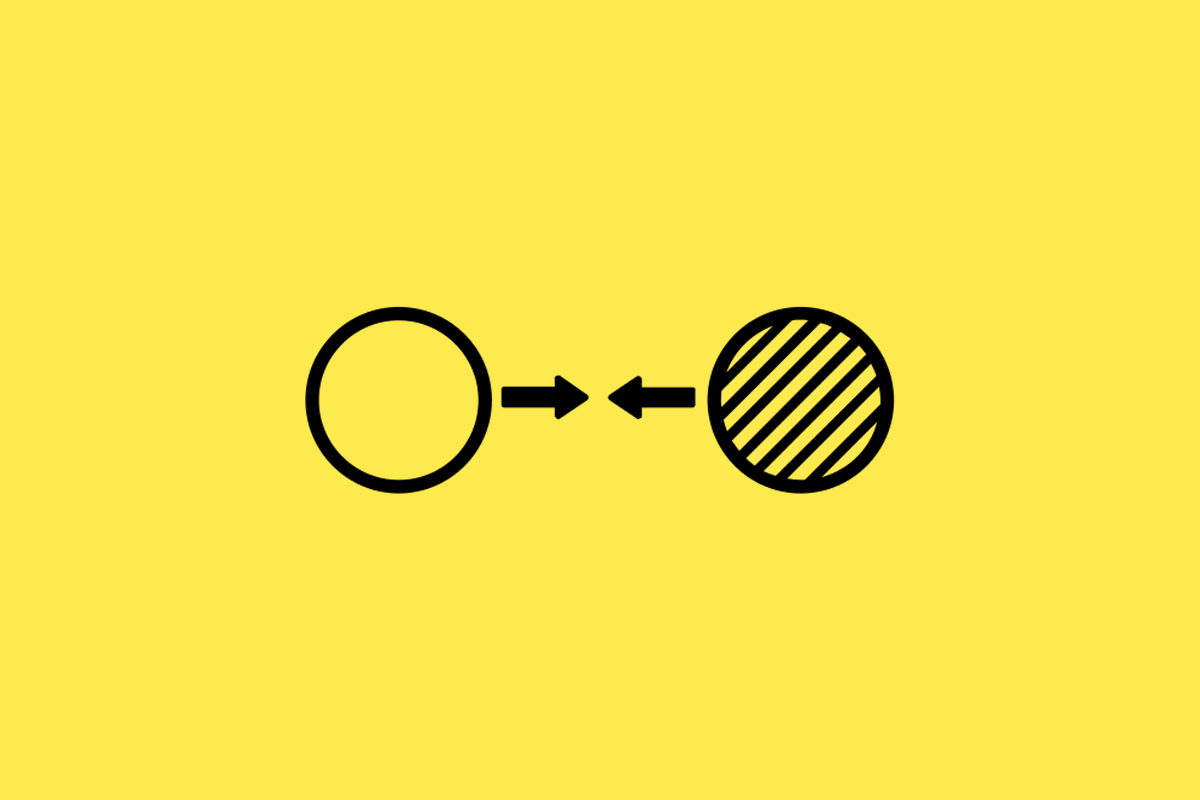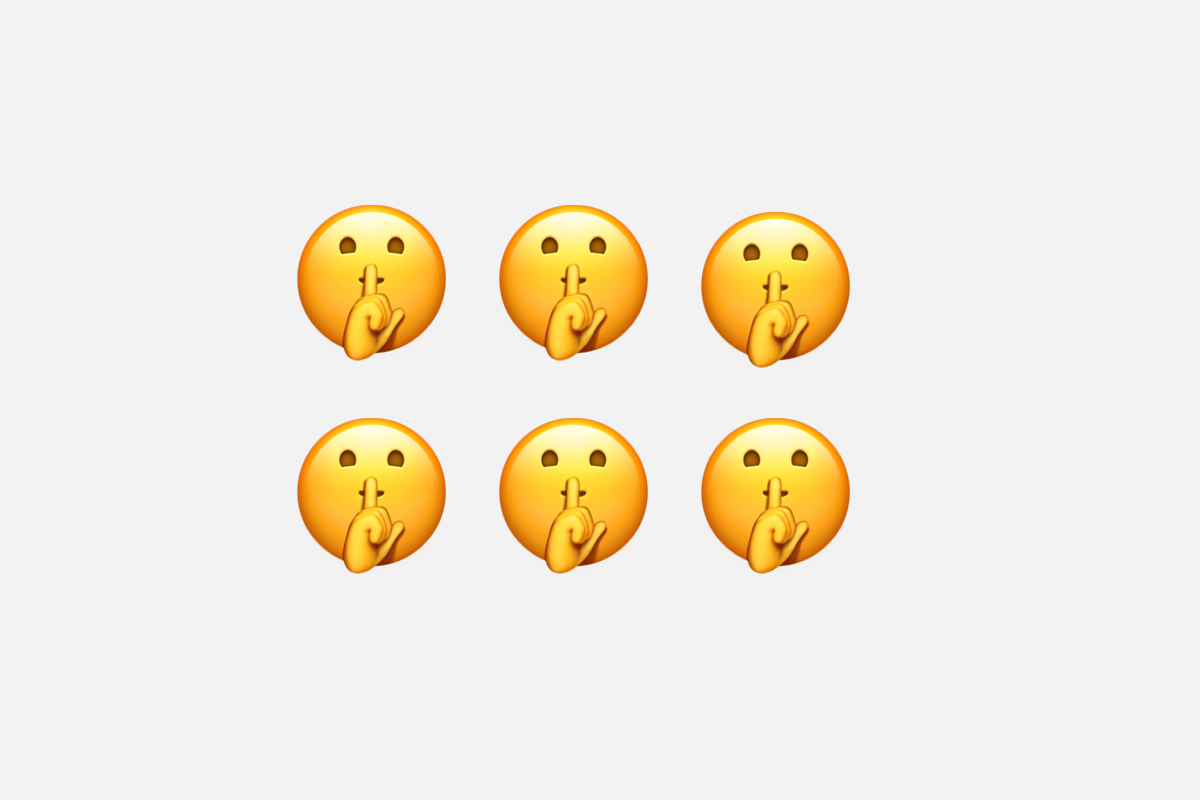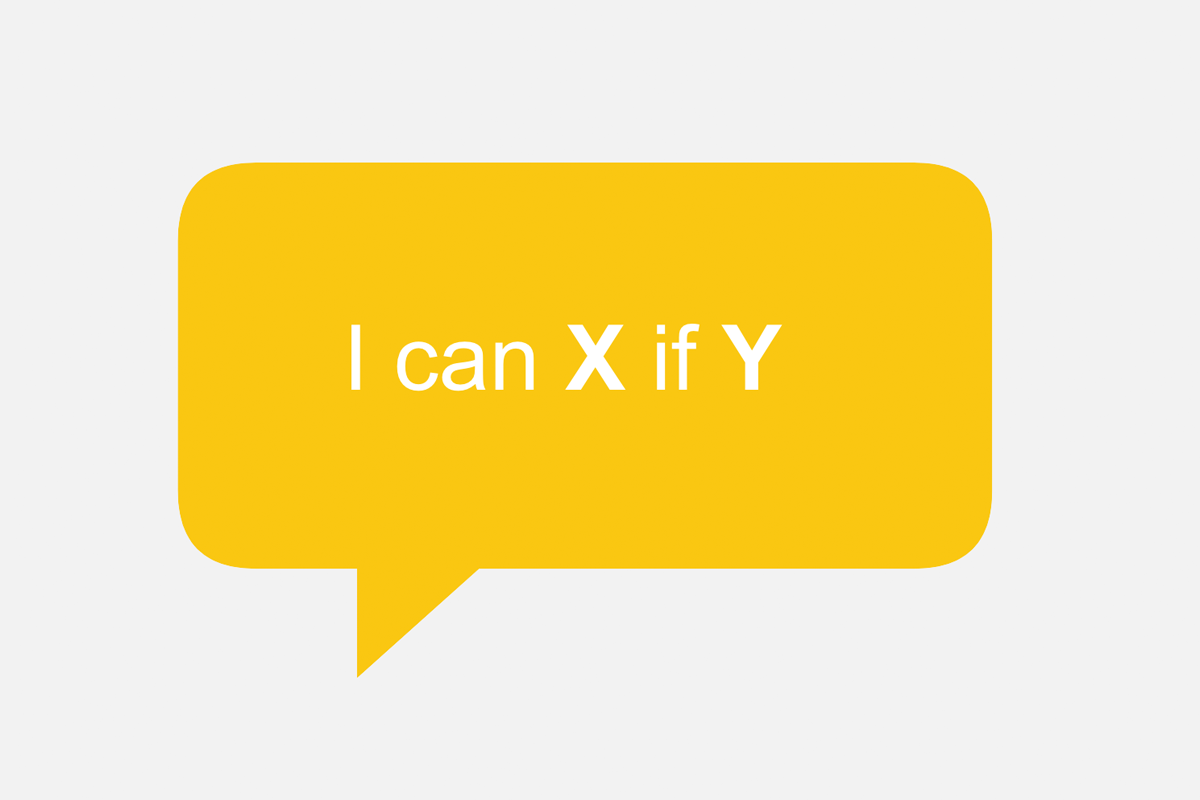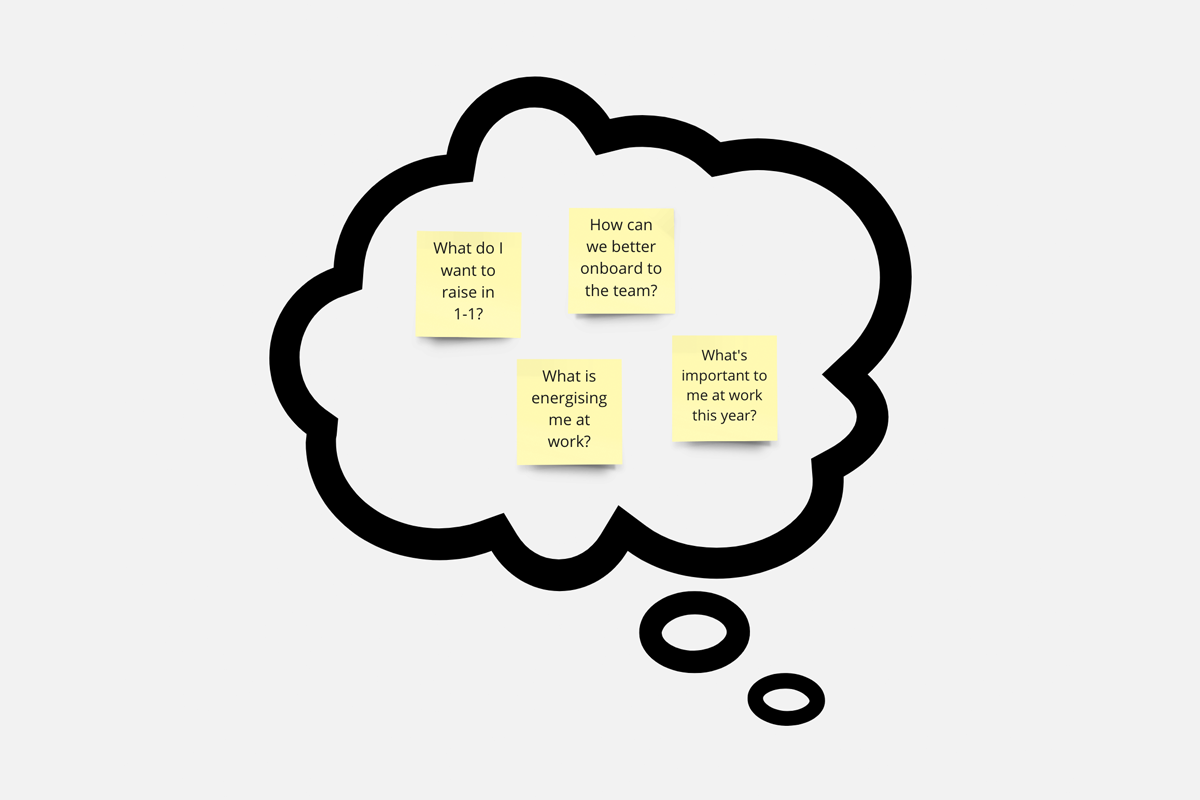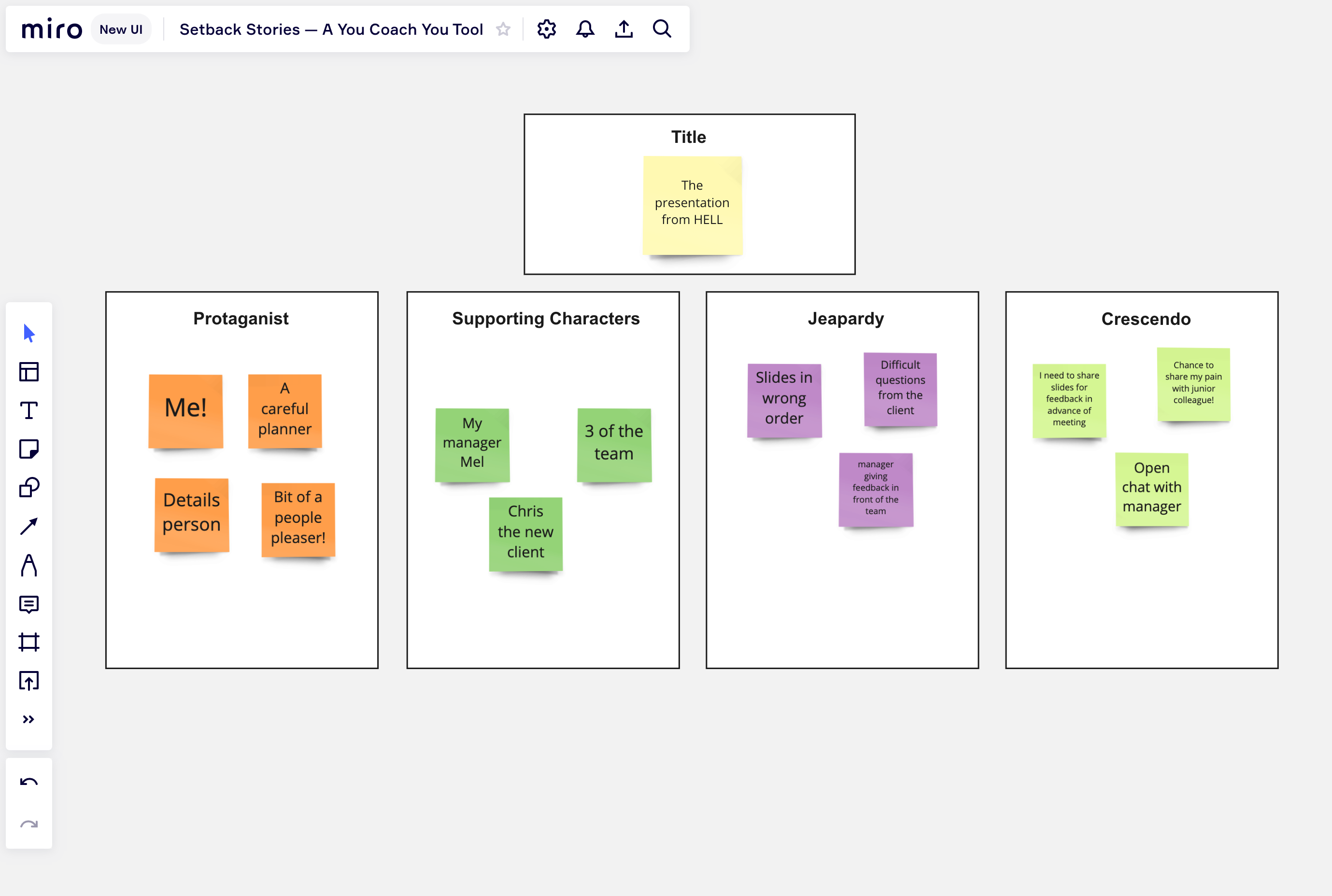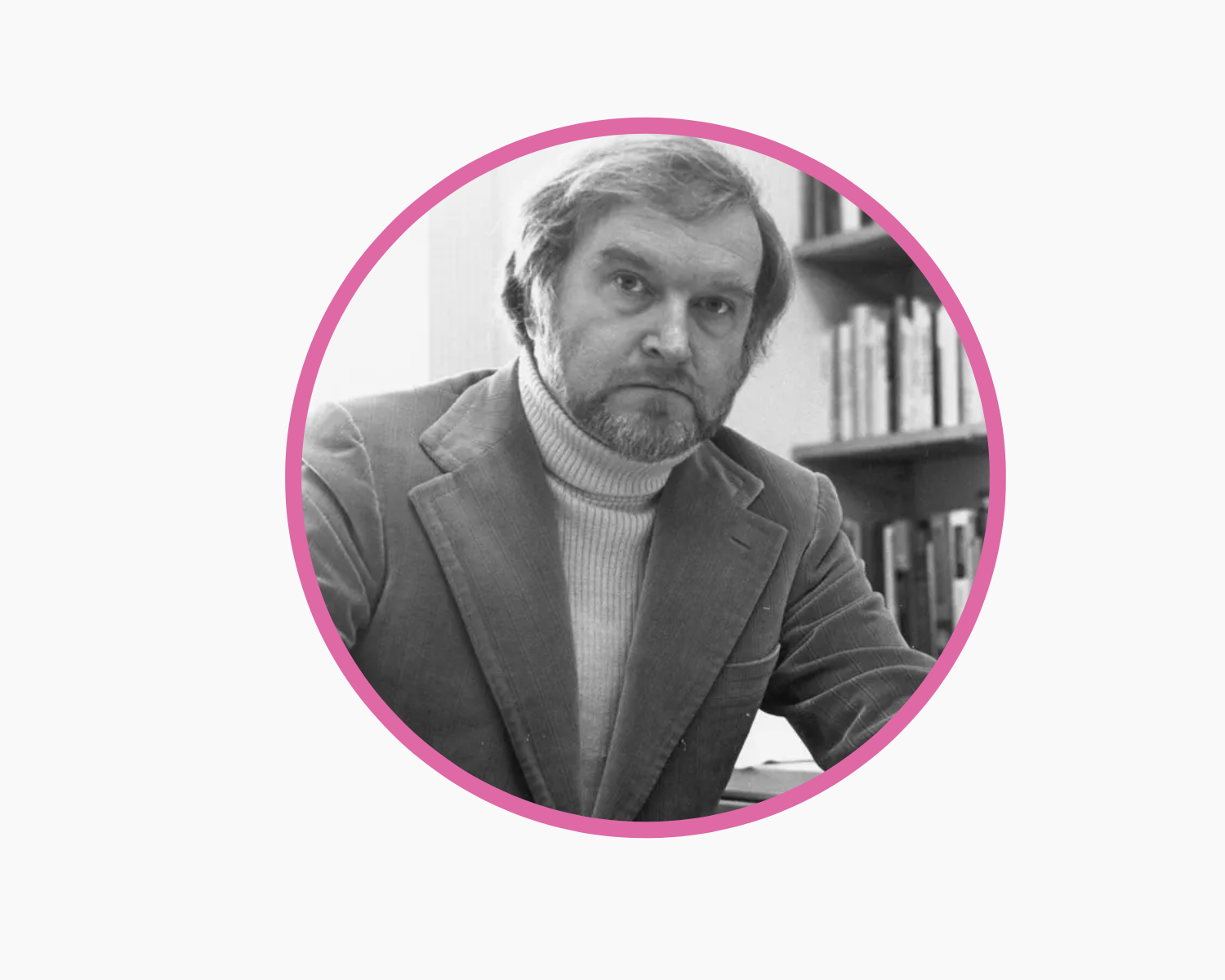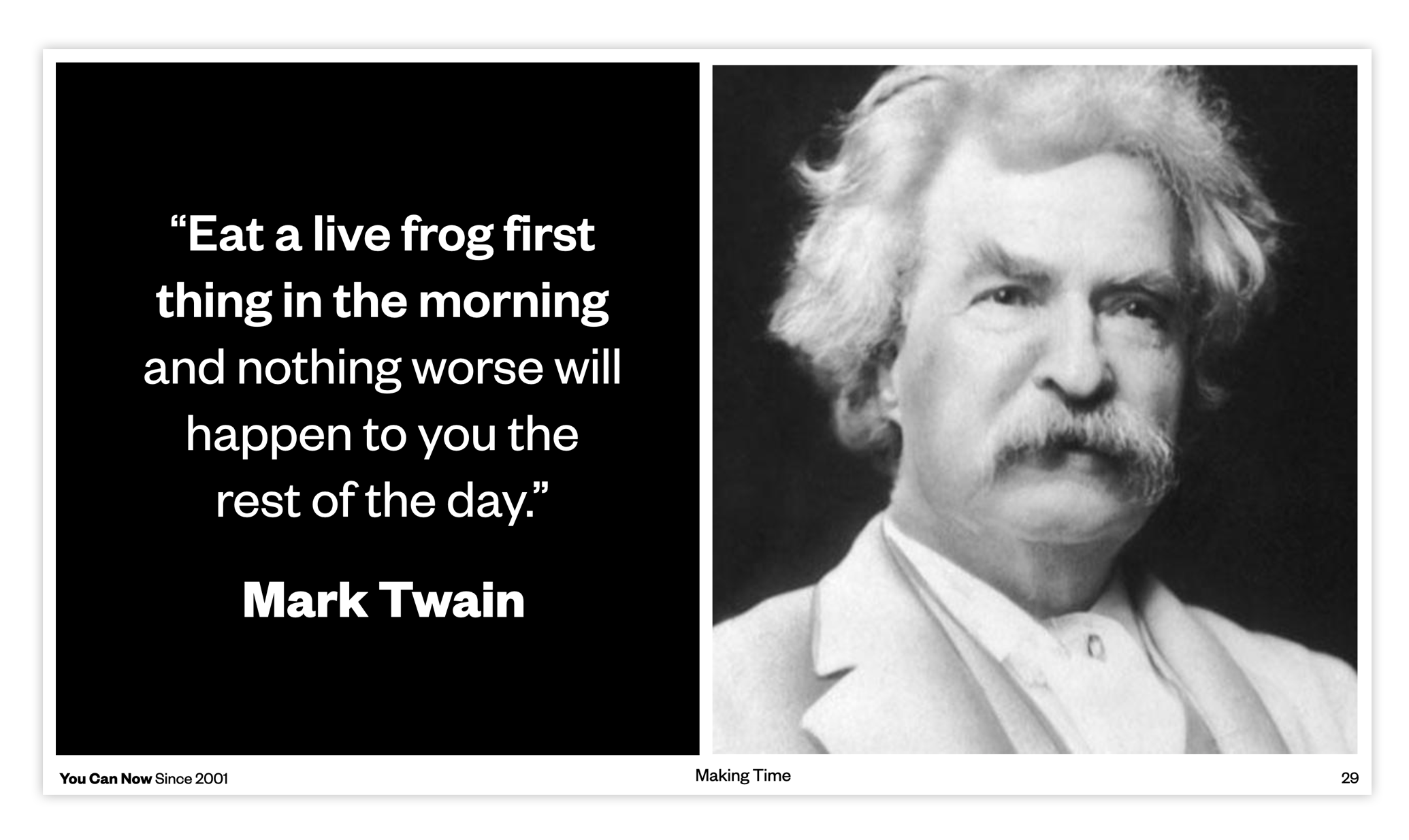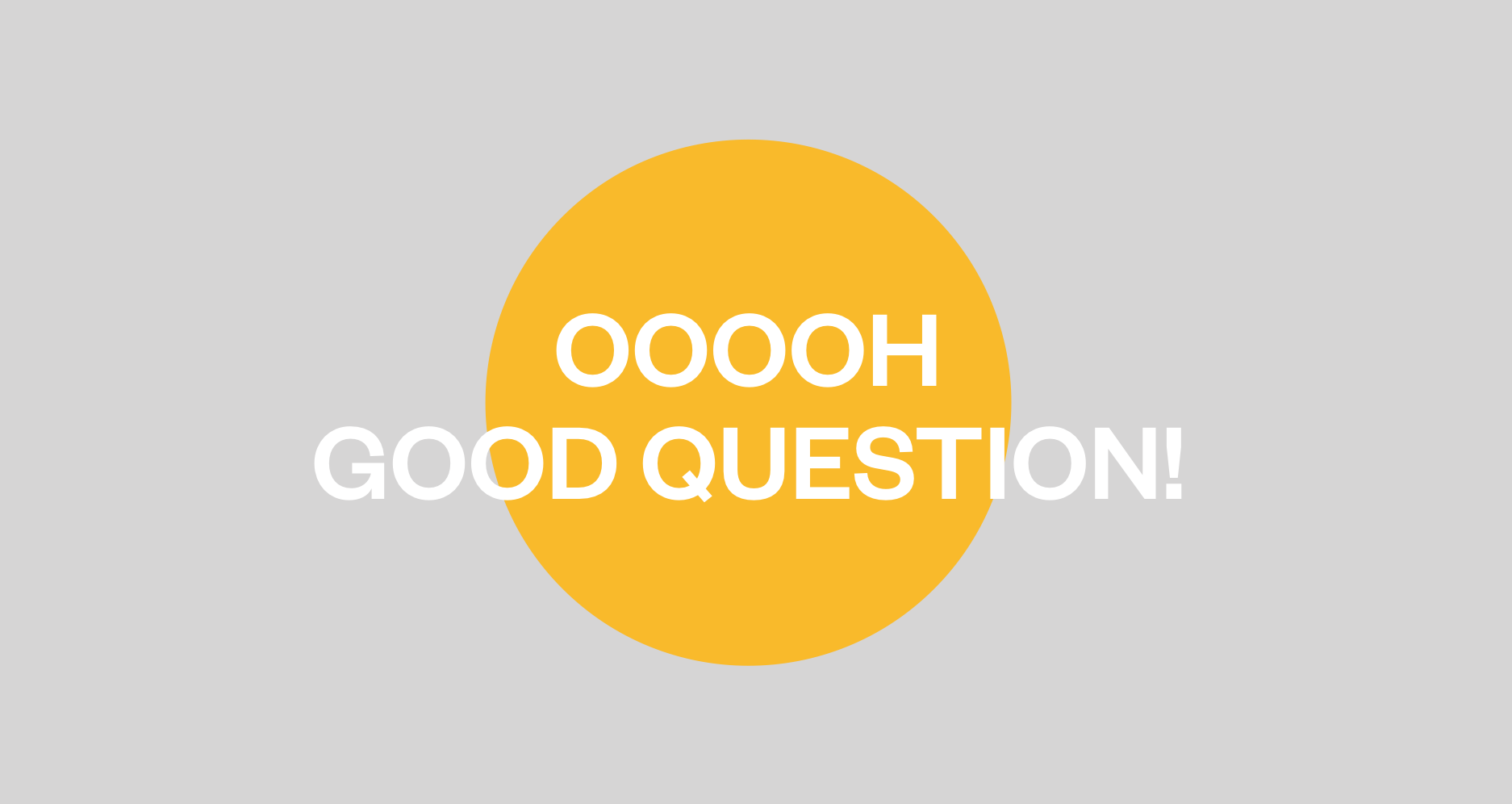For you, new and popular
Design (and share) your If > Then statements, for a purposefully prompt towards action
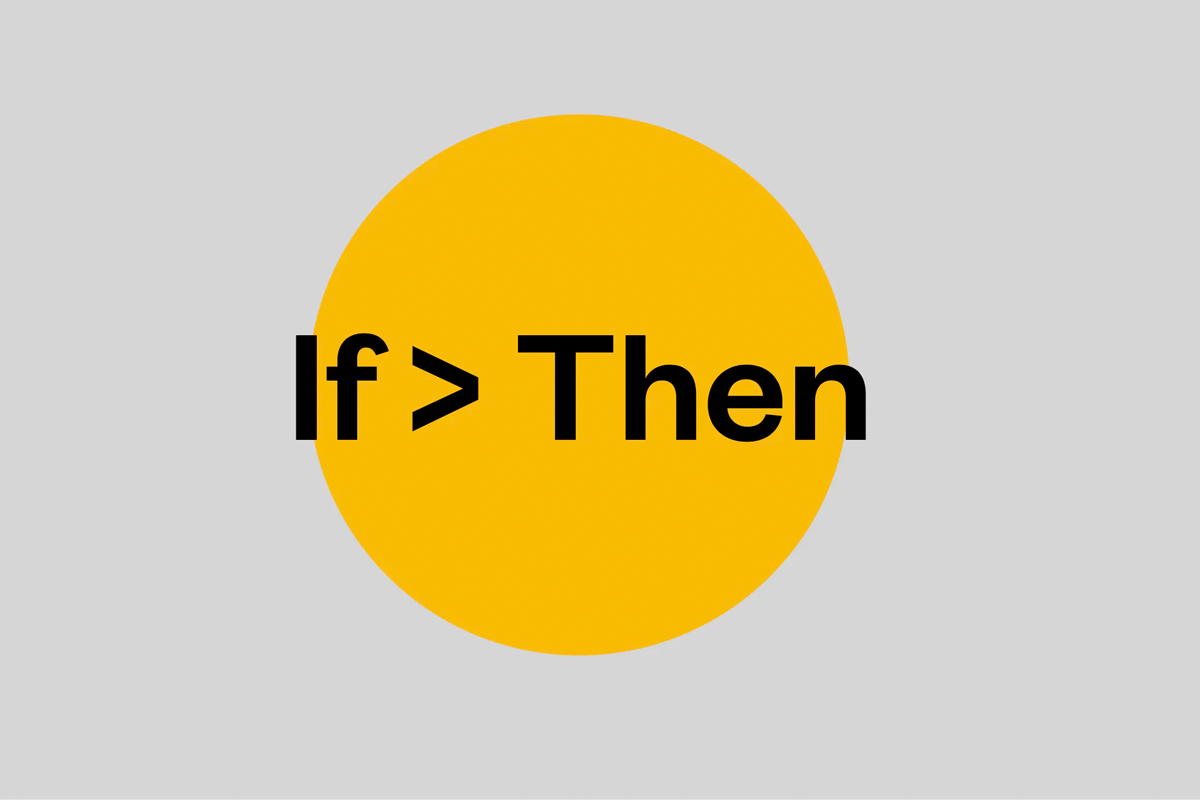
An 'Implementation Intention' is the fancy name for an 'If-Then' statement. This concept was developed by the German psychologist Peter Gollwitzer in the mid 1990’s as a way to intentionally prepare for something, however small.
In one particular experiment, he invited his students to submit an assignment two days before Christmas.
One group was simply given the assignment, while the other was asked to describe specific intentions using If > Then statements (more on them below) around it's submission: When specifically would they submit it, where would they be when mailing it, what kind of envelope would they mail it in?
The results? The first group (who received no specific instructions) had a 32% success rate. And the second group (who described intentions using If > Then statements) had a whopping 72% success rate.
What If > Then statements mean for focus
This concept of implementation intention is brilliantly relevant to the goal of finding more focus and flow because it enables us to mentally prime ourselves, identify pitfalls and tell ourselves simple positive stories of how we will avoid something negative or embrace something positive.
We can keep our If > Then statements visible to ourselves (as simple as a post-it) and brainstorm and share them with others in our team too.
Below are some examples of simple If > Then statements, linked into goals and behaviours that might seem familiar.
IF > I'm emailed a complicated question THEN > I'll schedule a time in my calendar to respond to it properly
IF > I'm using the Pomodoro Technique THEN > I will turn off all alerts
IF > It's a Monday THEN > I will not schedule any meetings for the morning
IF > I start up my computer THEN > I will do one minute of mindful breathing
IF > Someone in my team commits to doing something THEN > I'll ask "What are the most important next steps."
Getting going with If > Thens
A great place to start is a list of common distractions or positive behaviours you're keen to make stick when it comes to greater focus. If you can discuss this with a colleague, or as a team exercise, so much the better. And then get intentional about designing and writing down some If > Then statements like those above.
Start small and get going with one or two to begin with, making them visible to yourself and revisiting them regularly in conversations with others. Fingers crossed you'll find habits forming, and you can begin to add more.
What IF > THEN statements can support ideas you've had for greater focus over the course of this week? Who can you discuss and share these with among your team? And how can you keep them in mind and in action?
And please do share them with us too!






